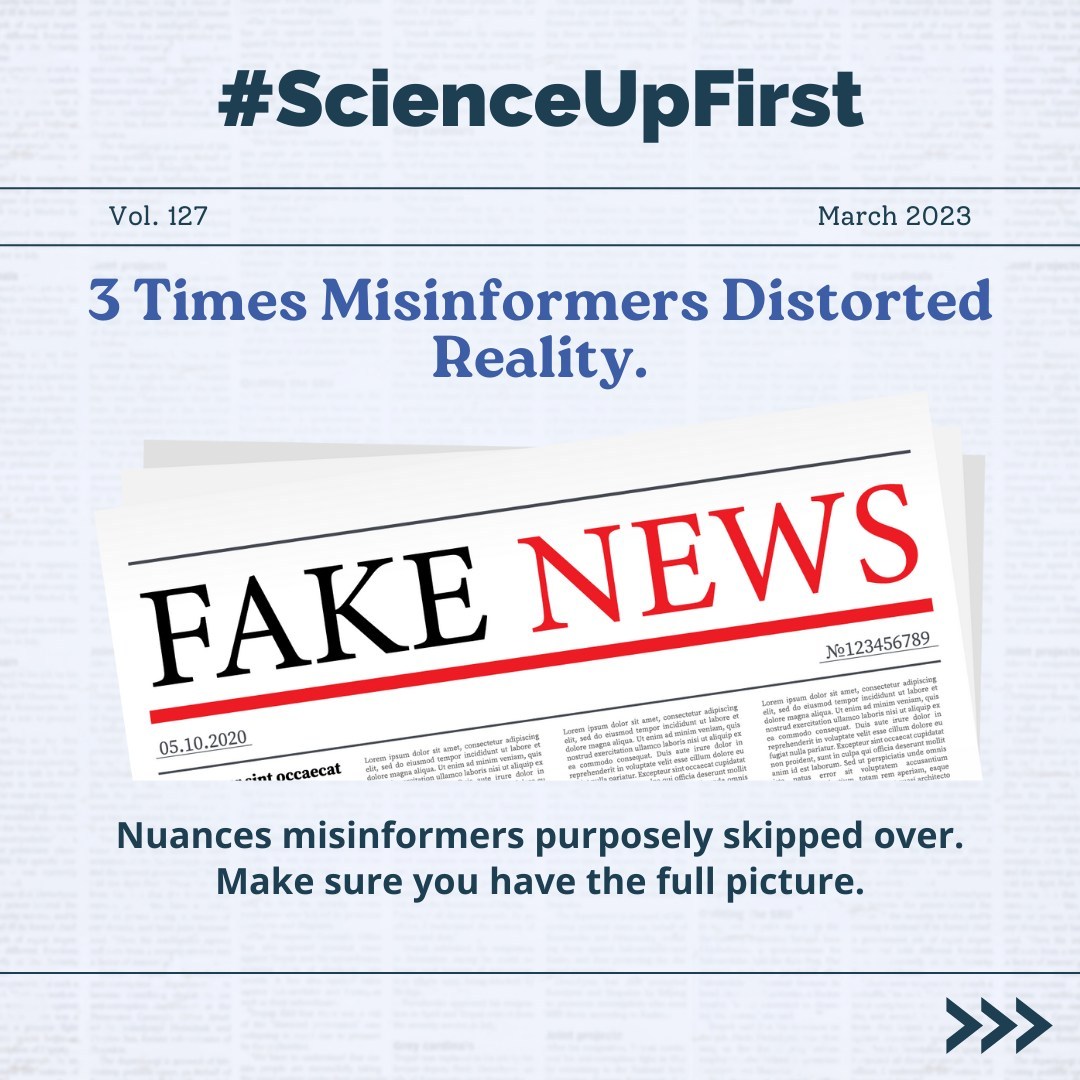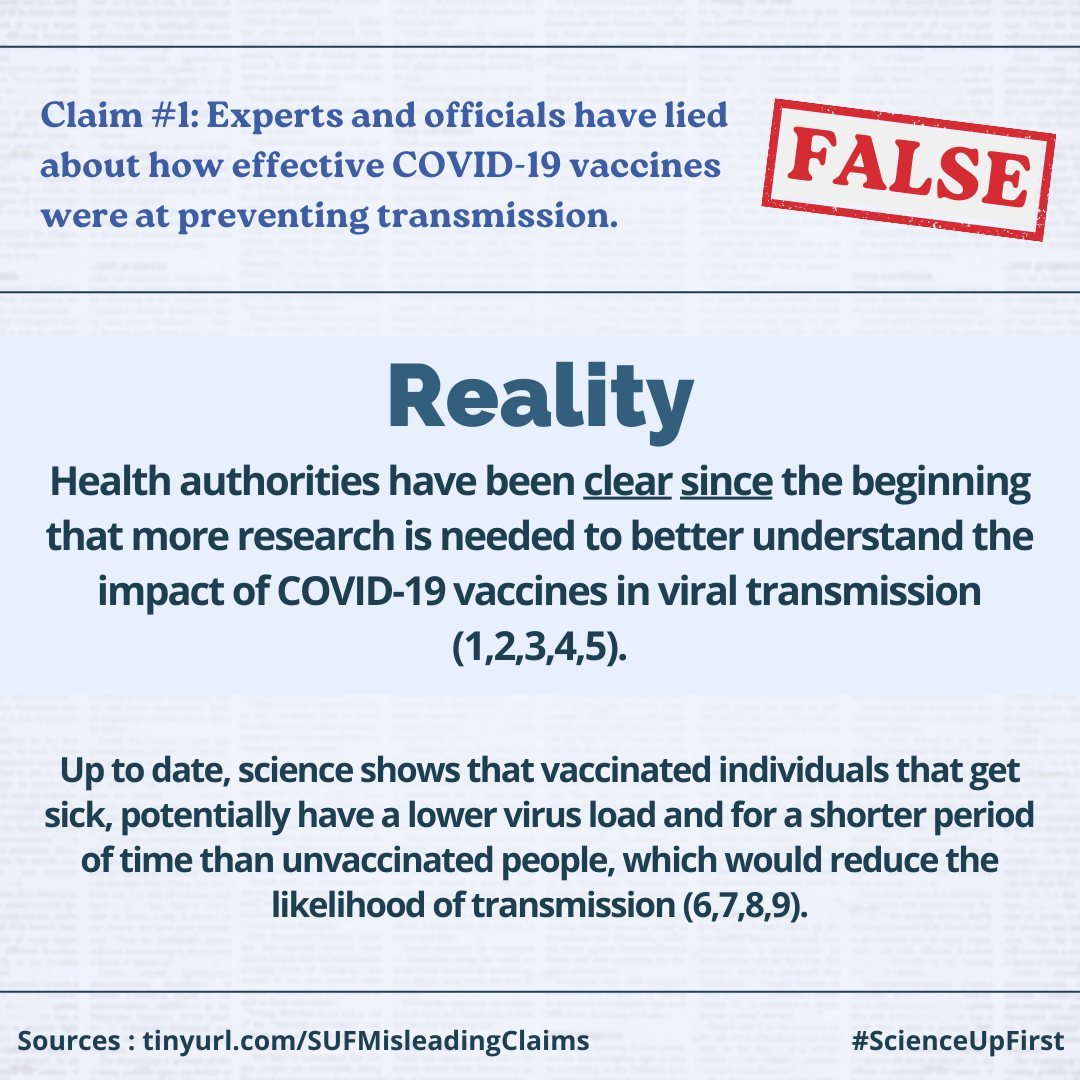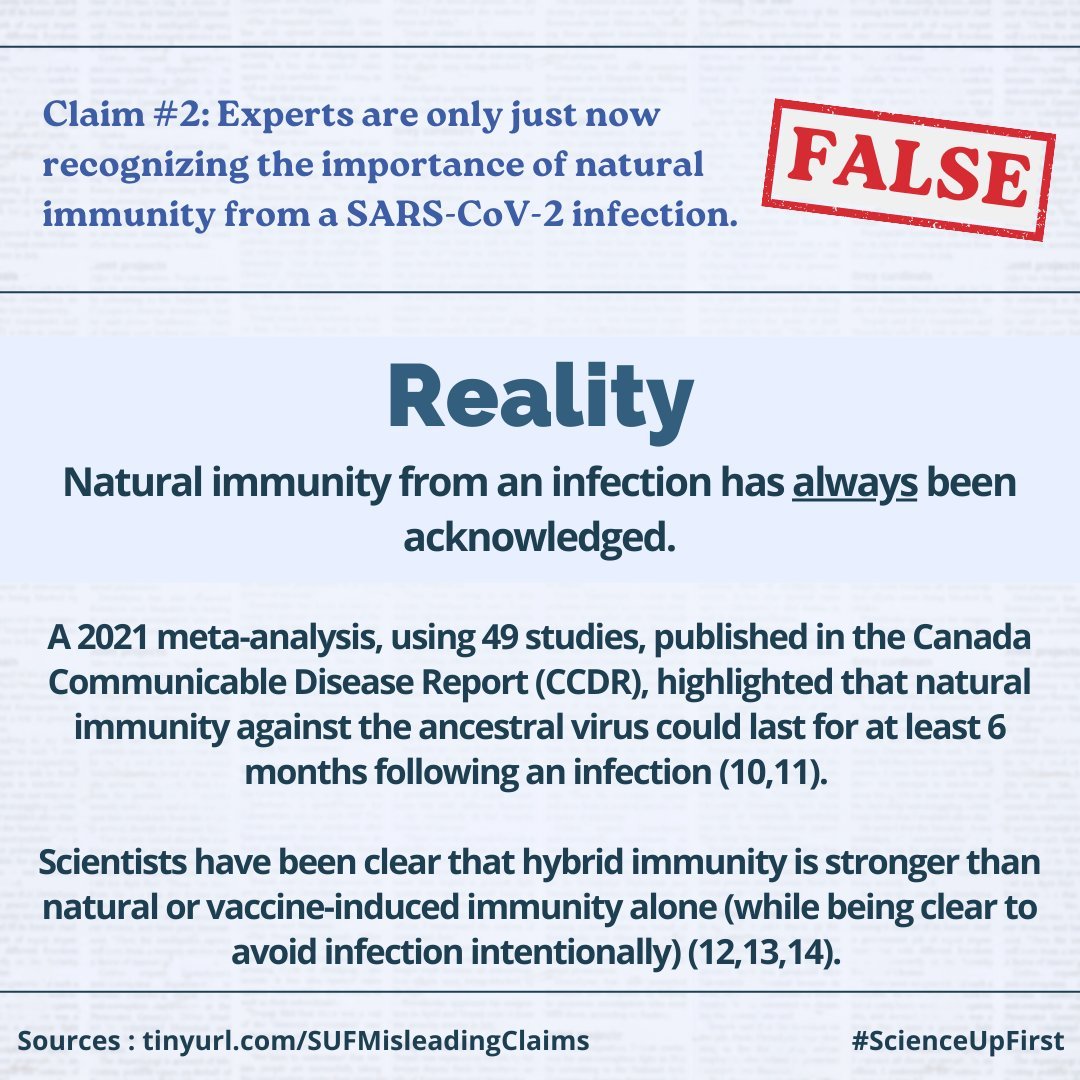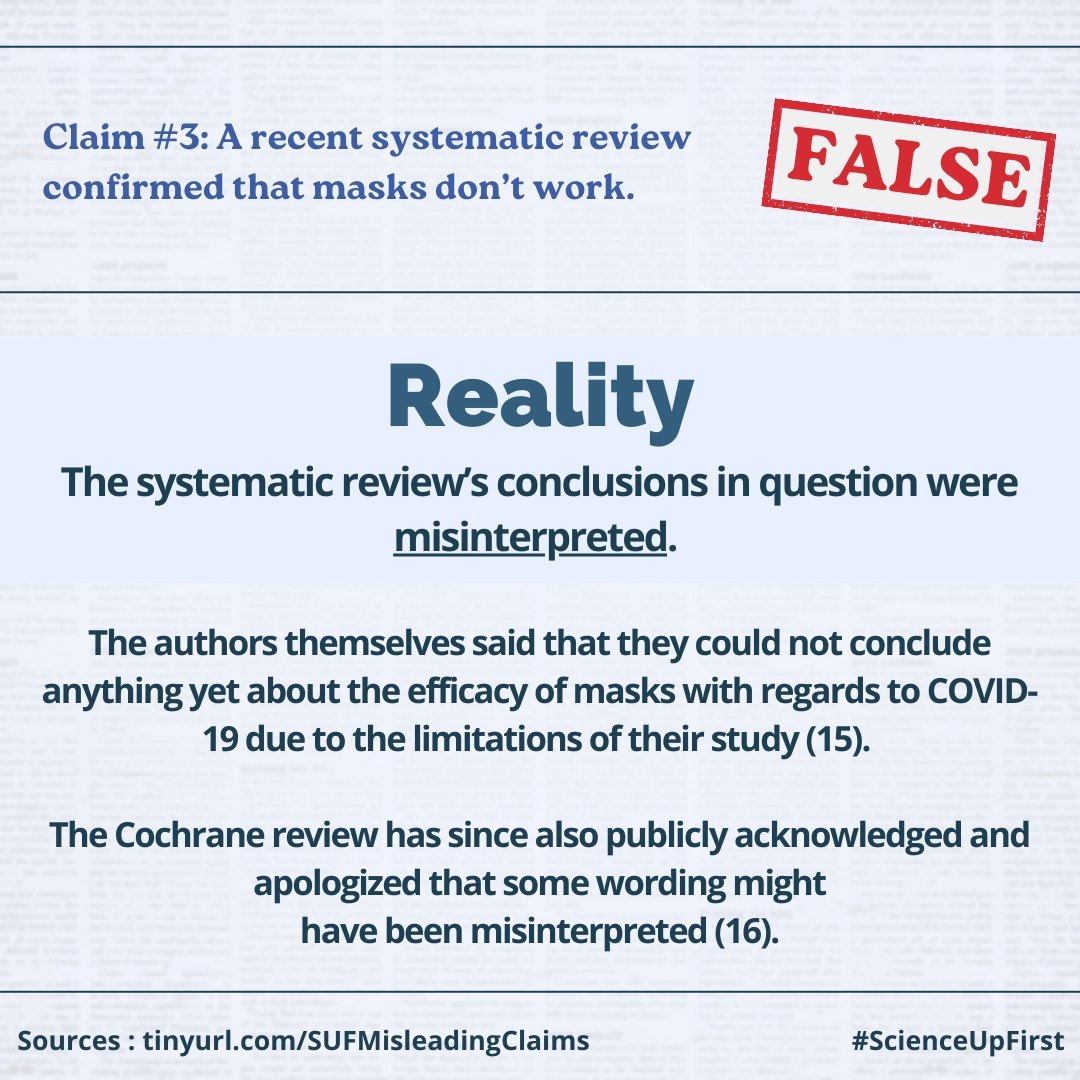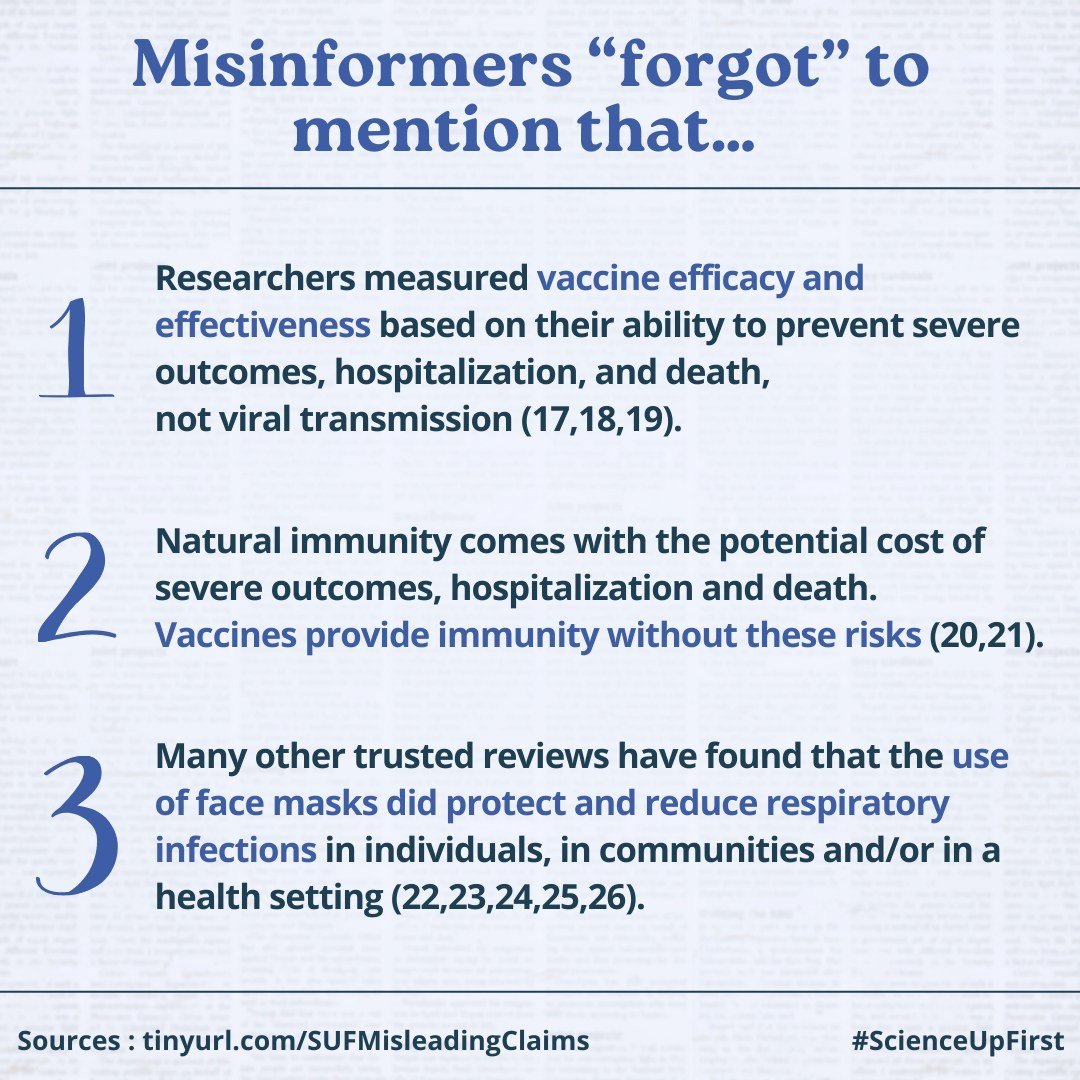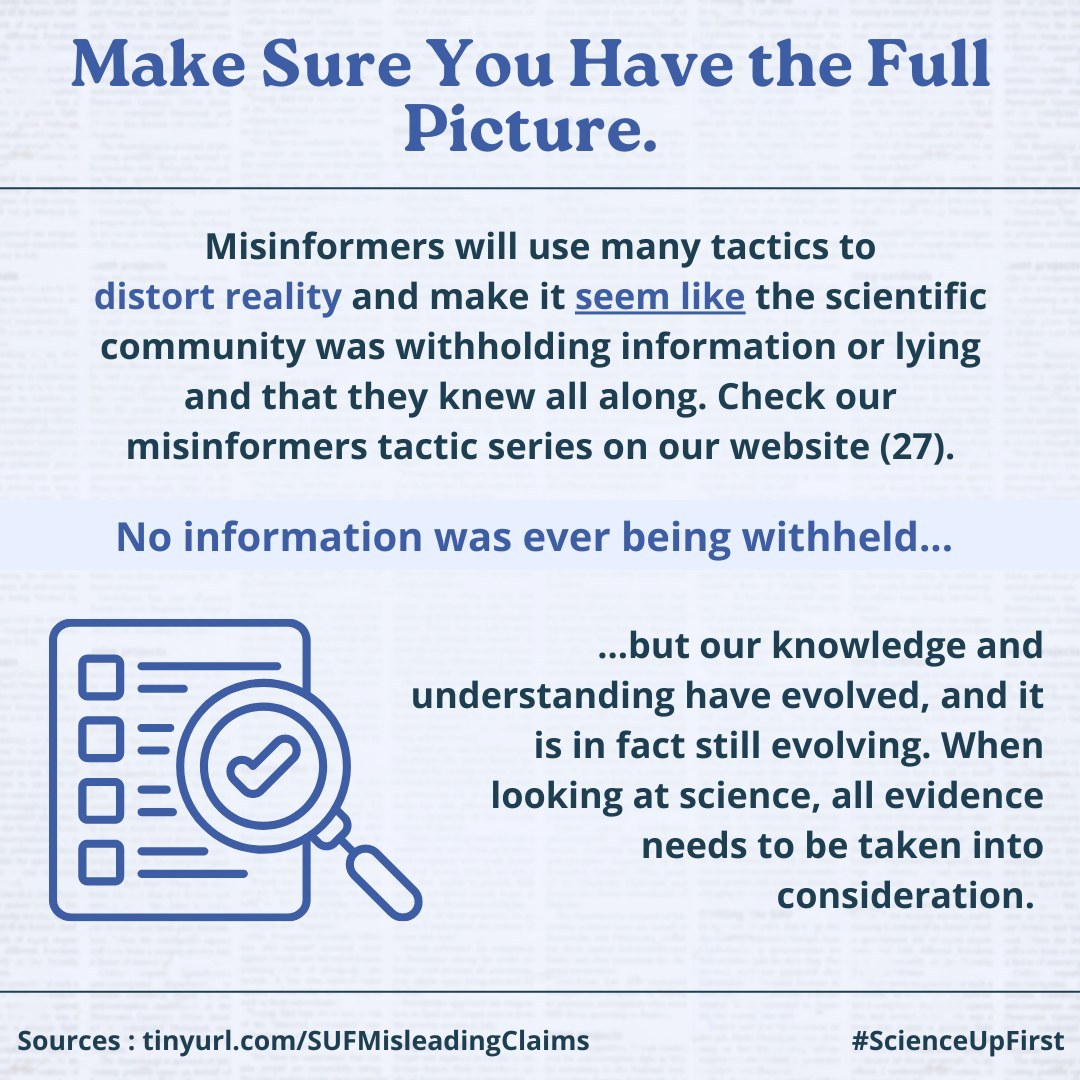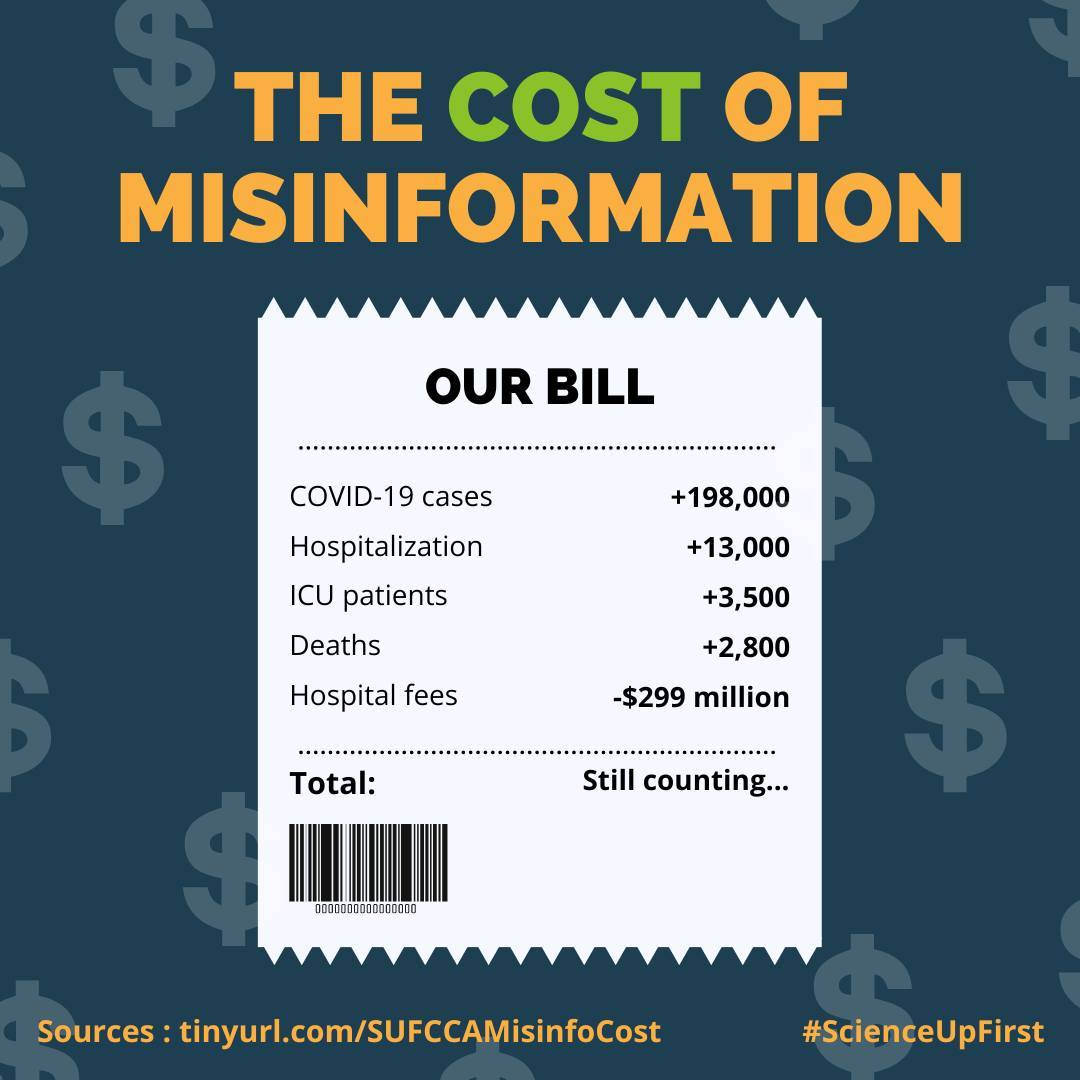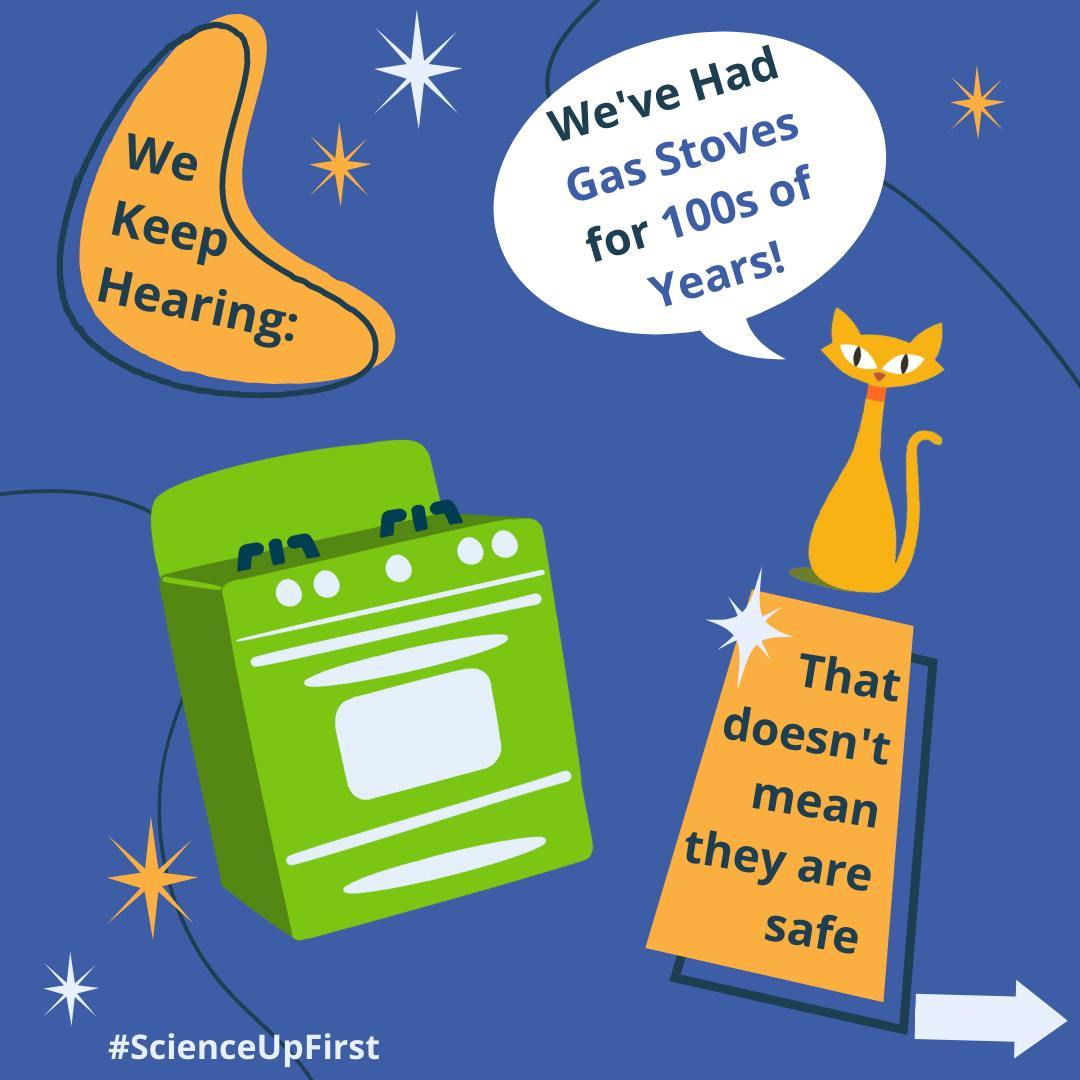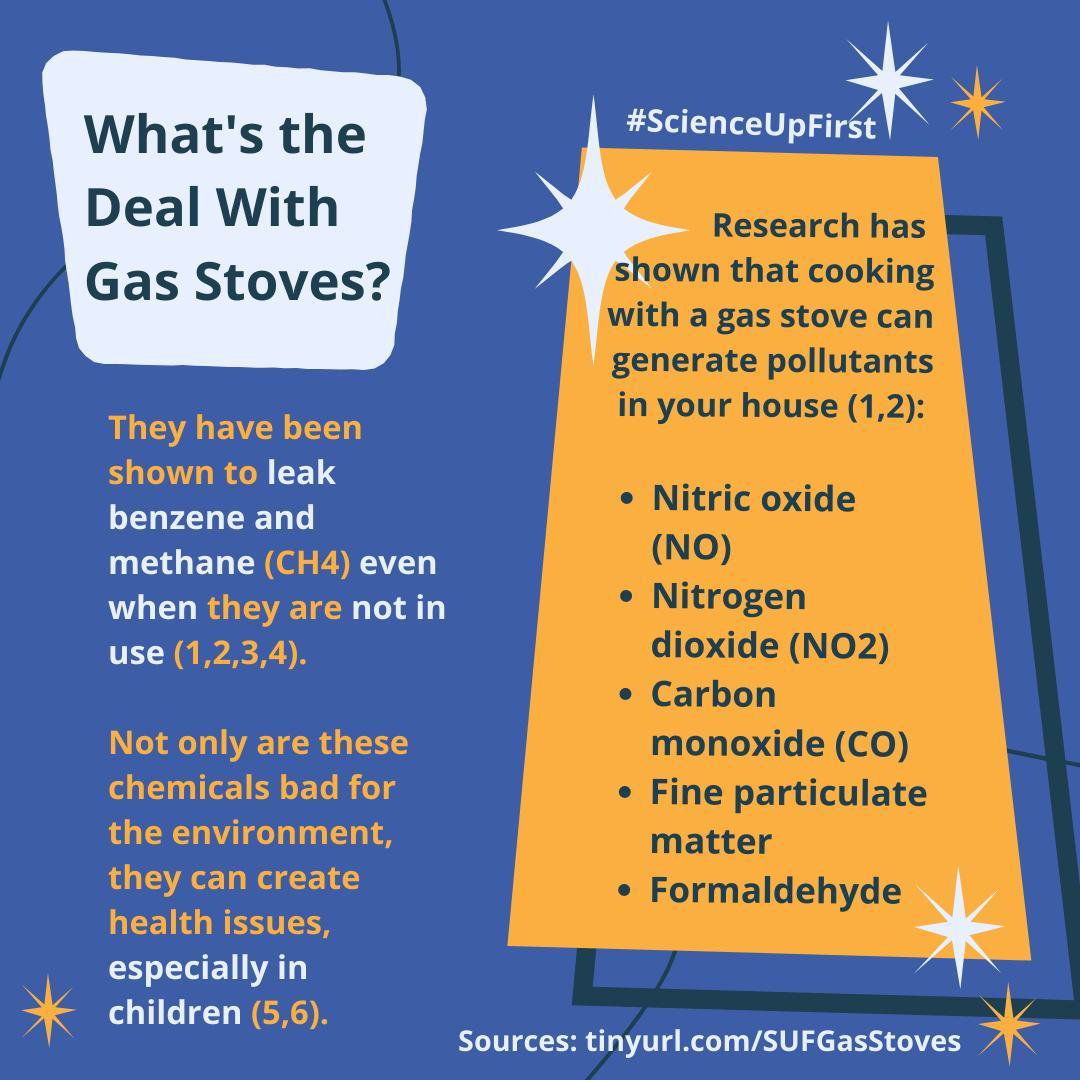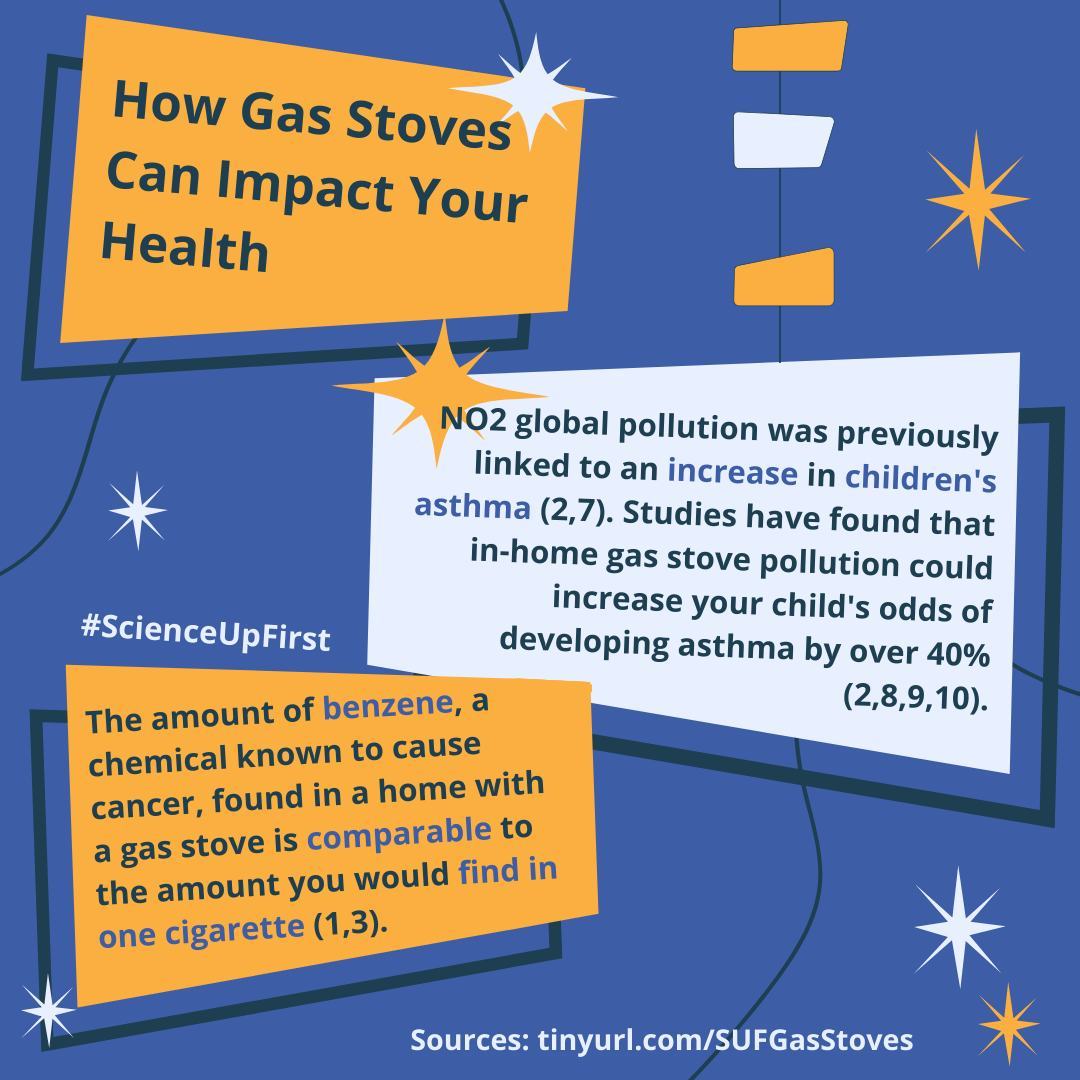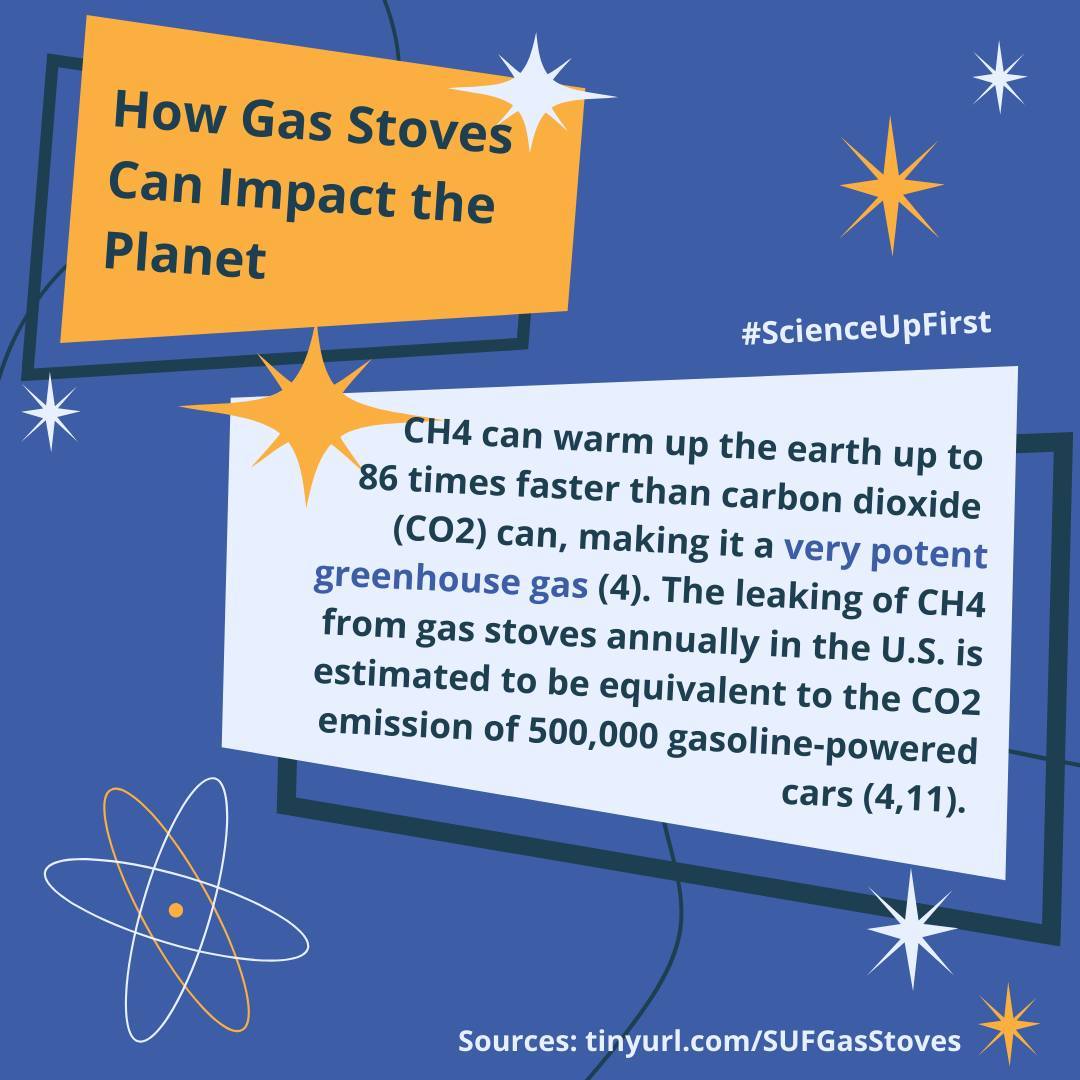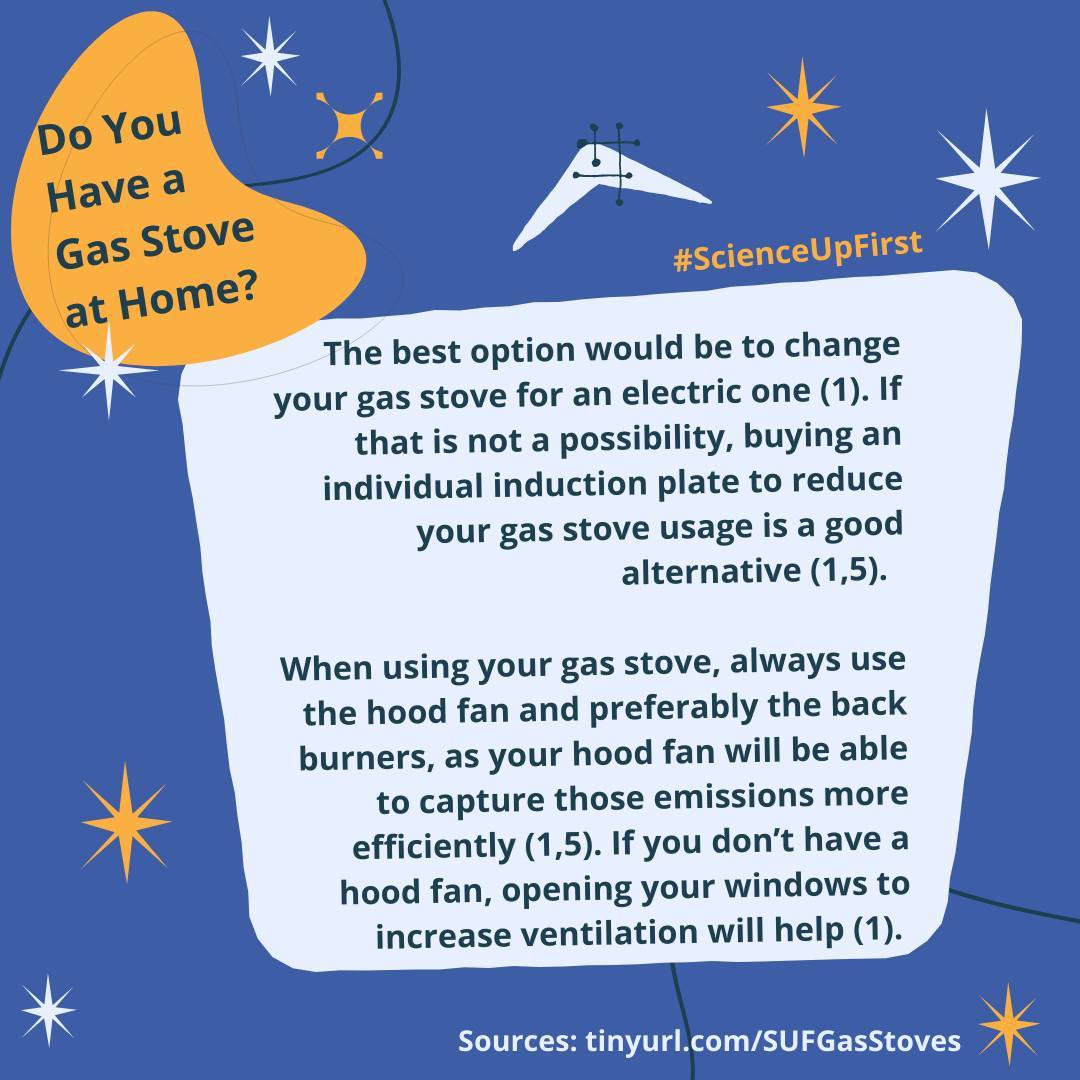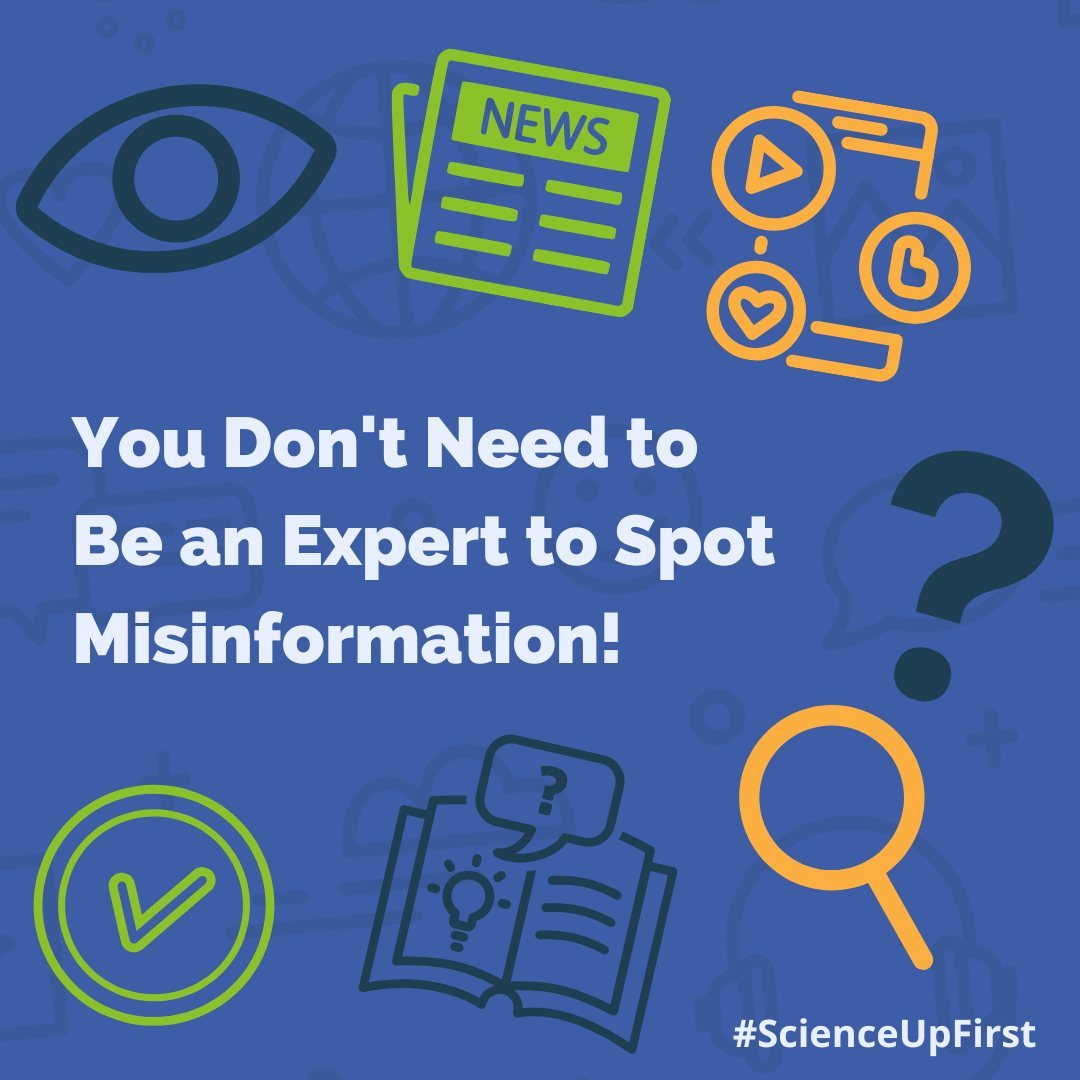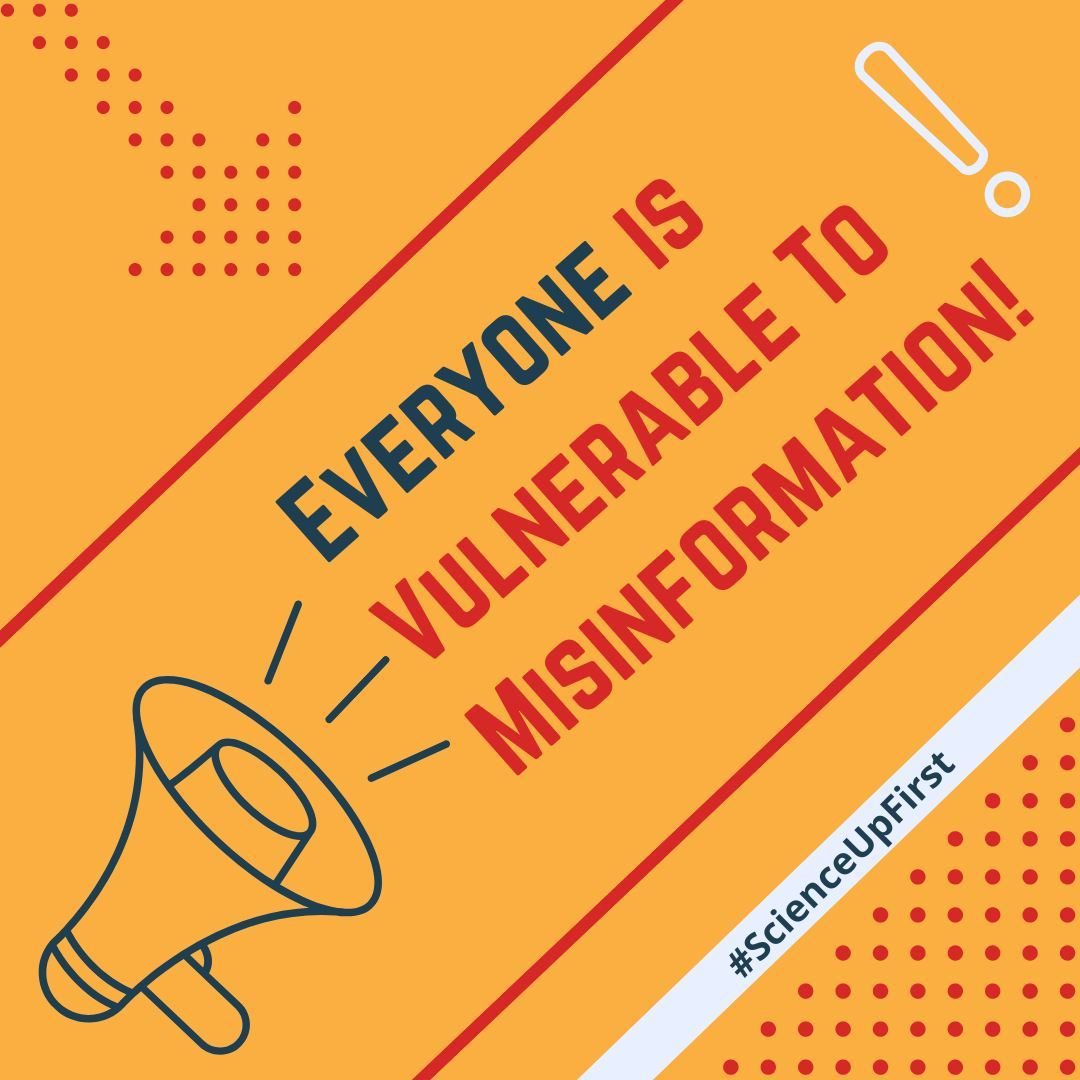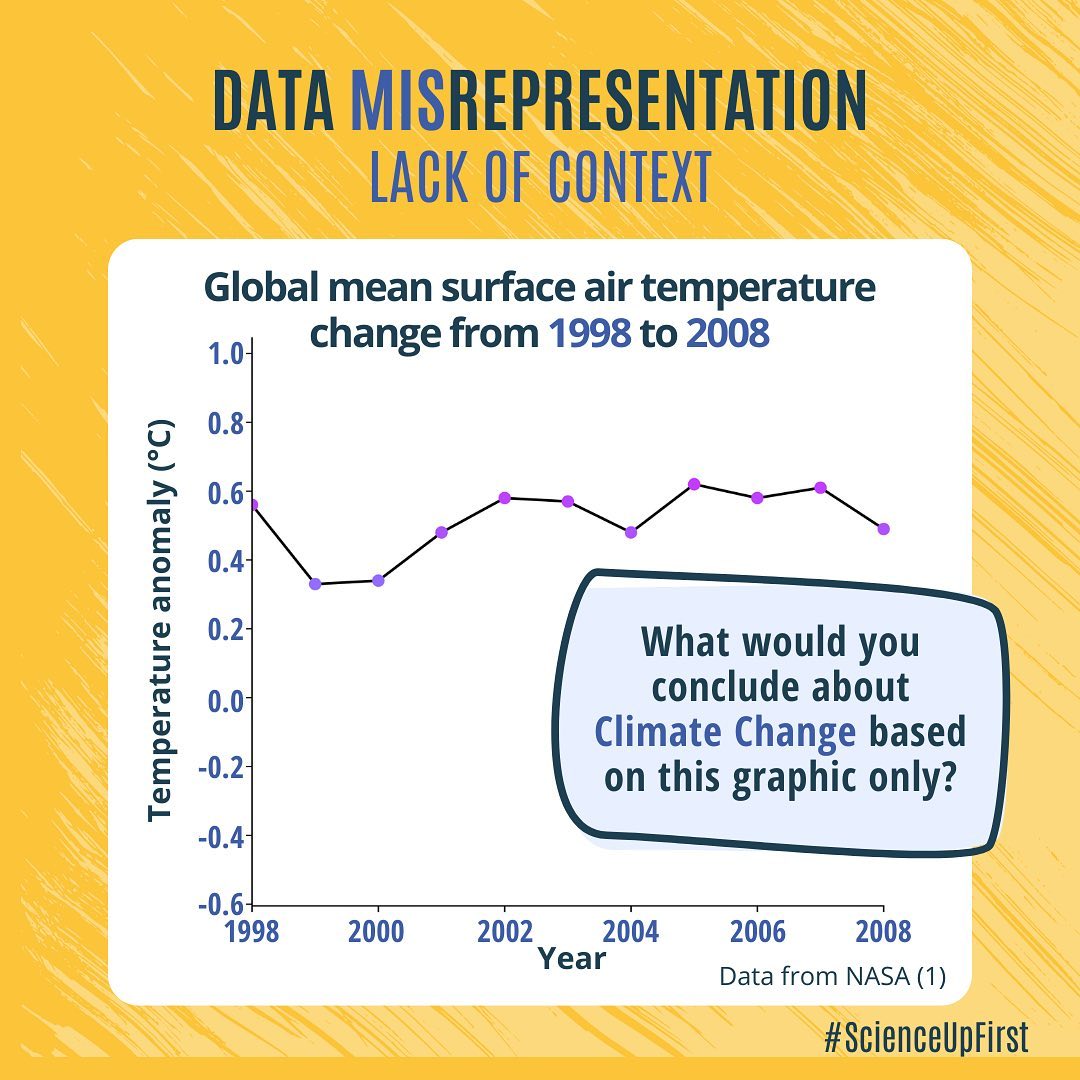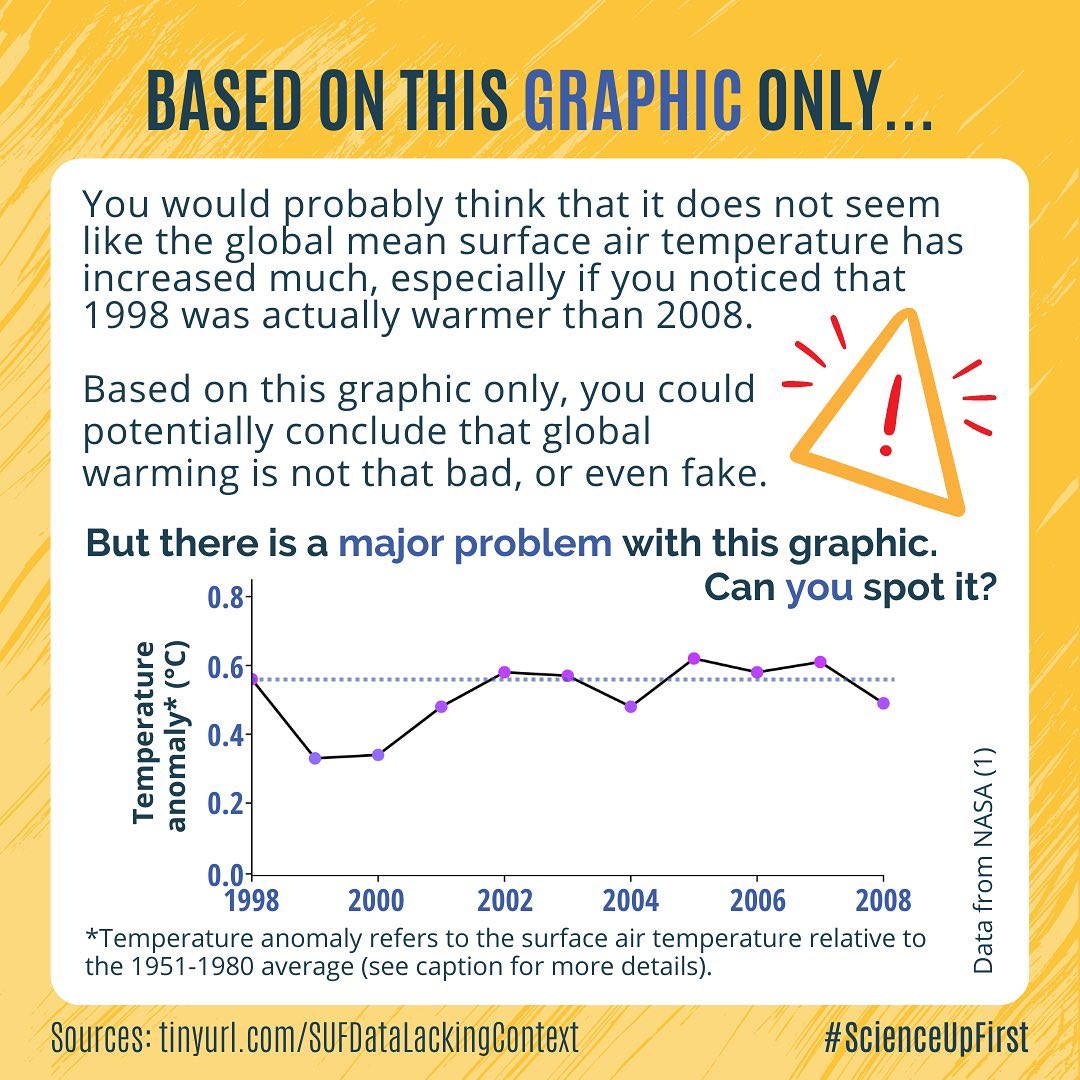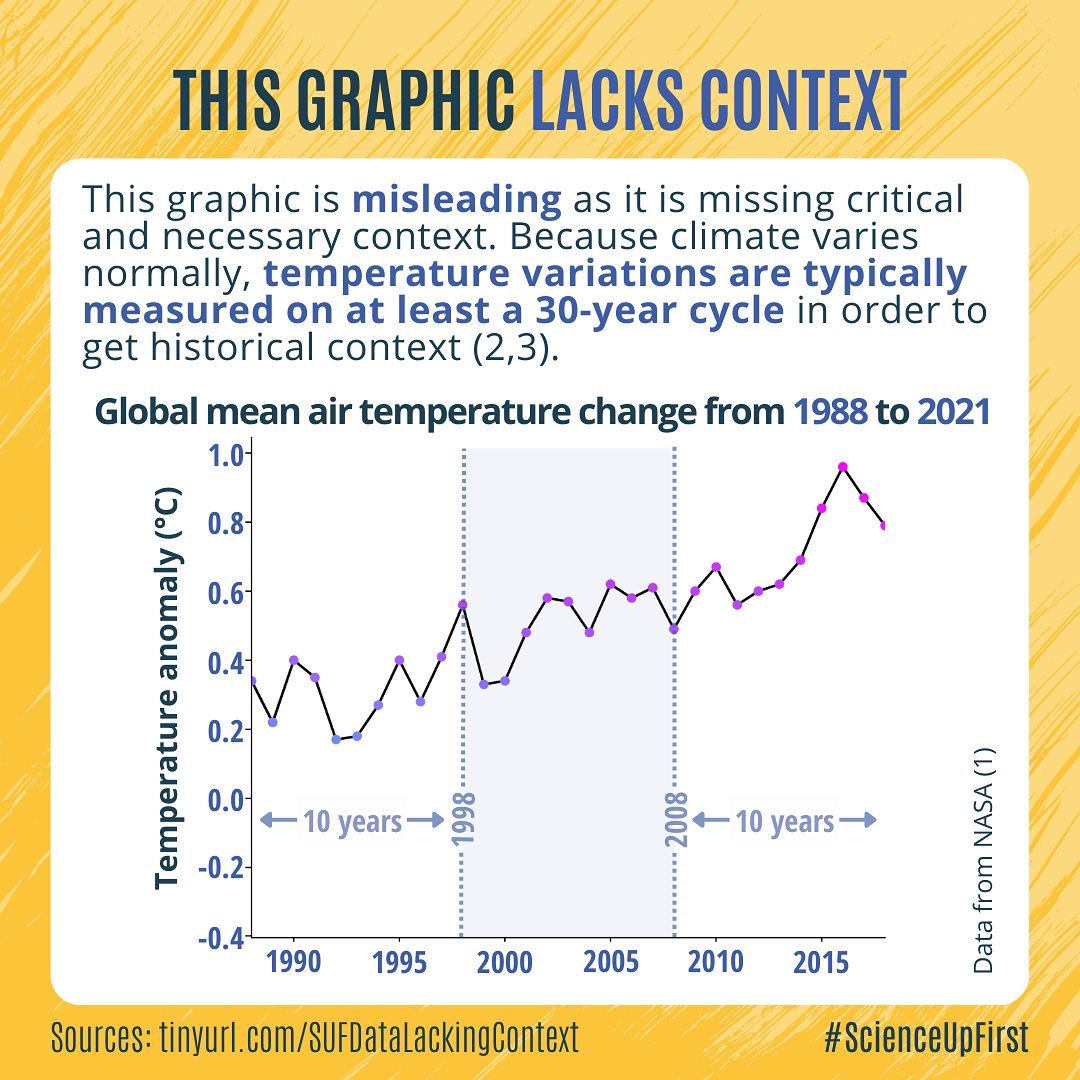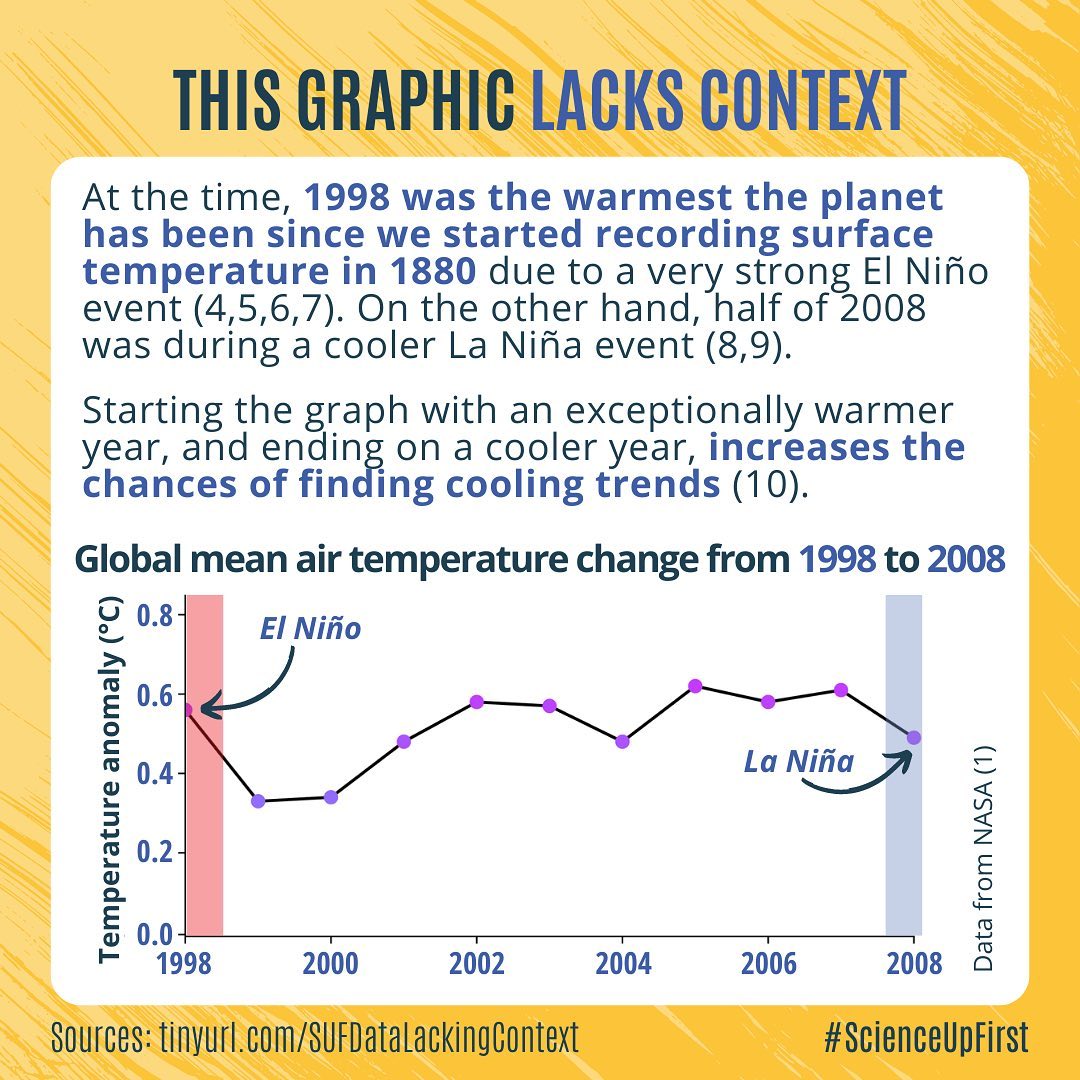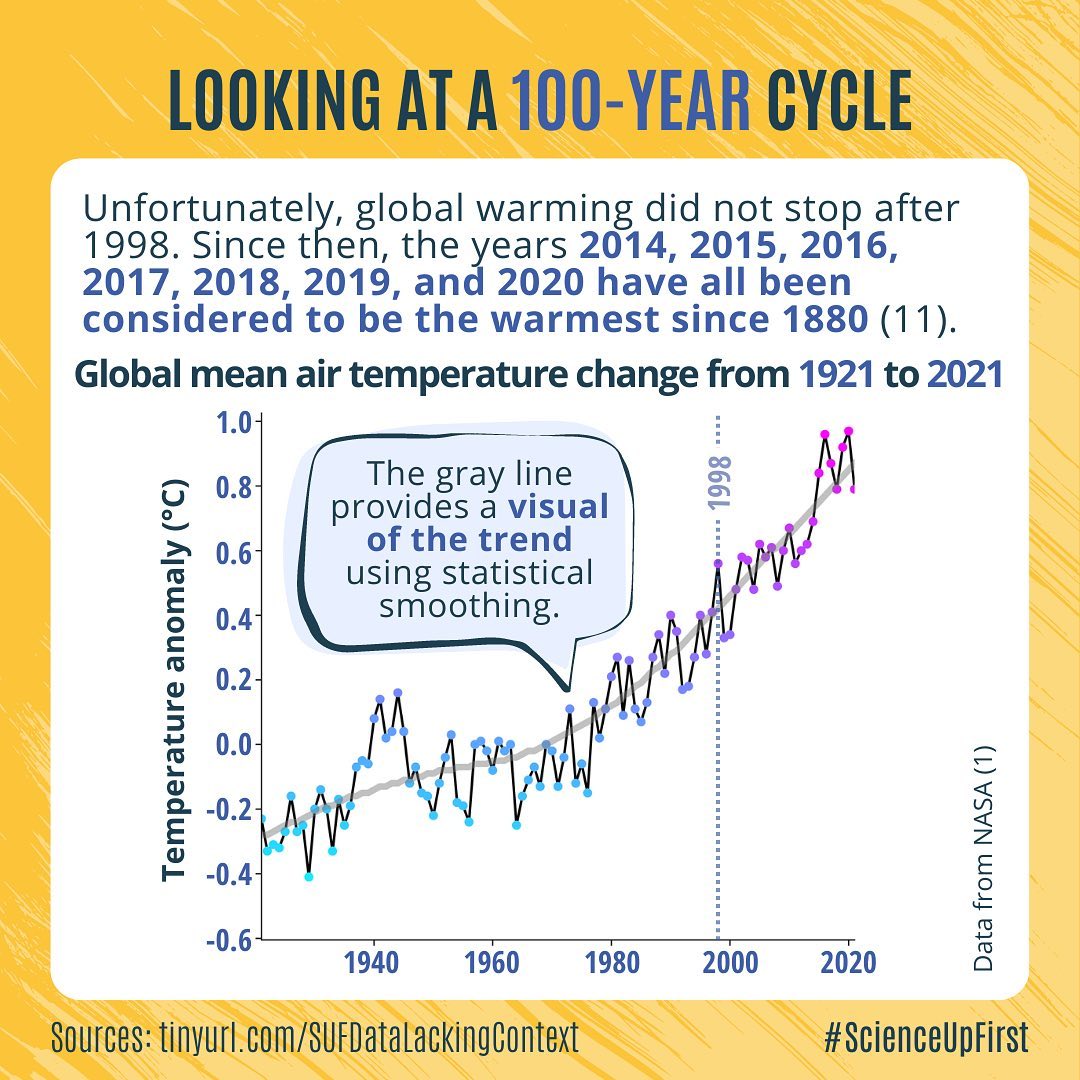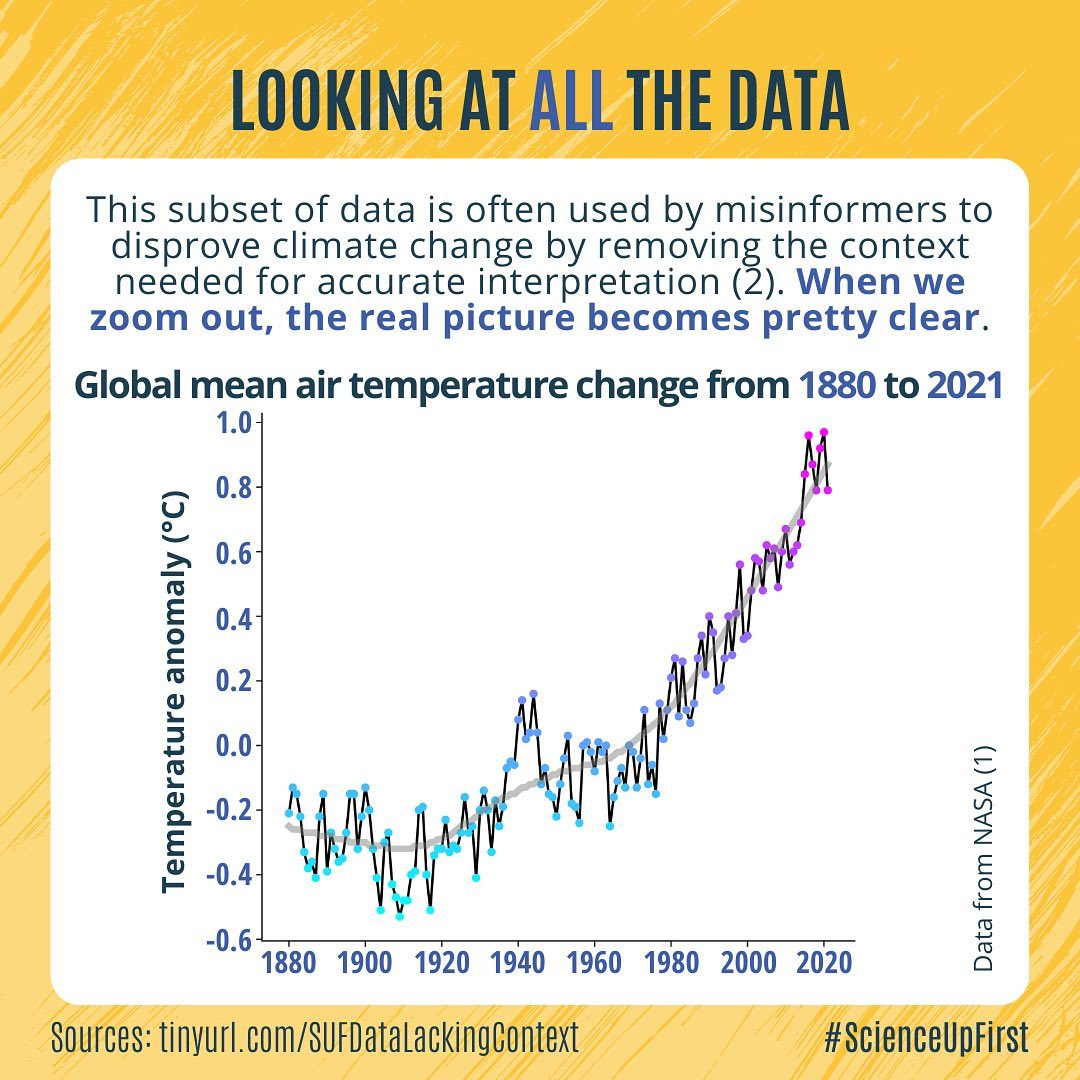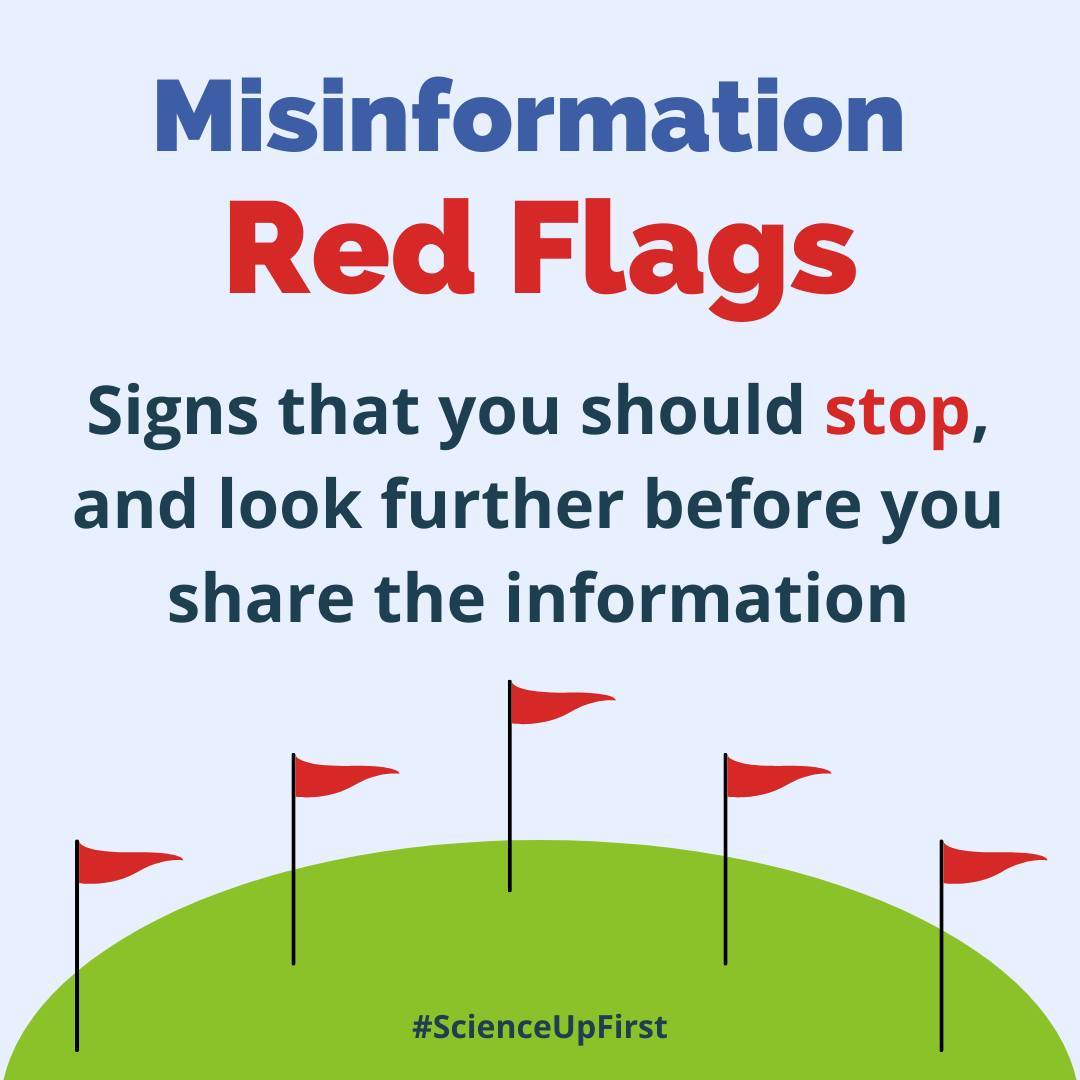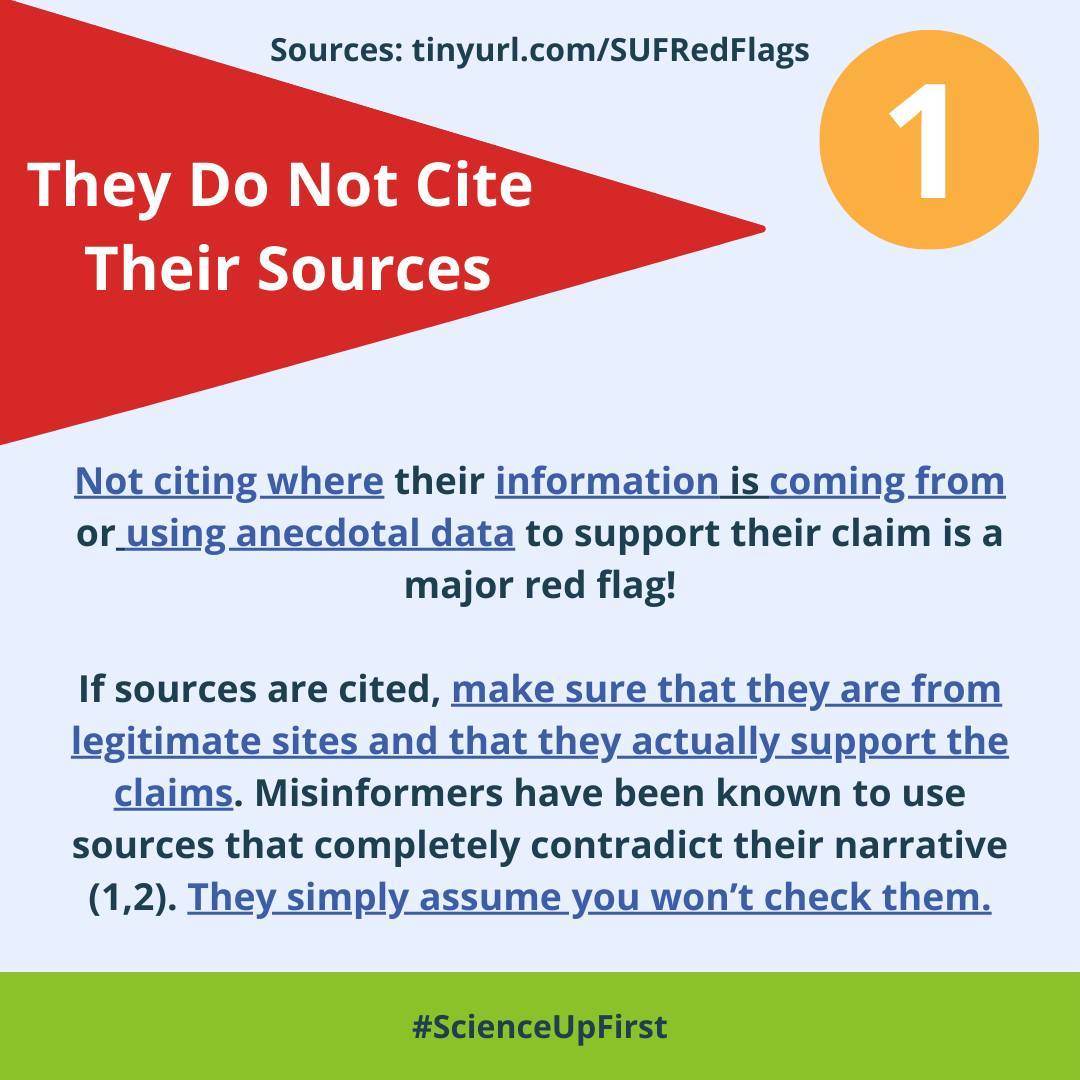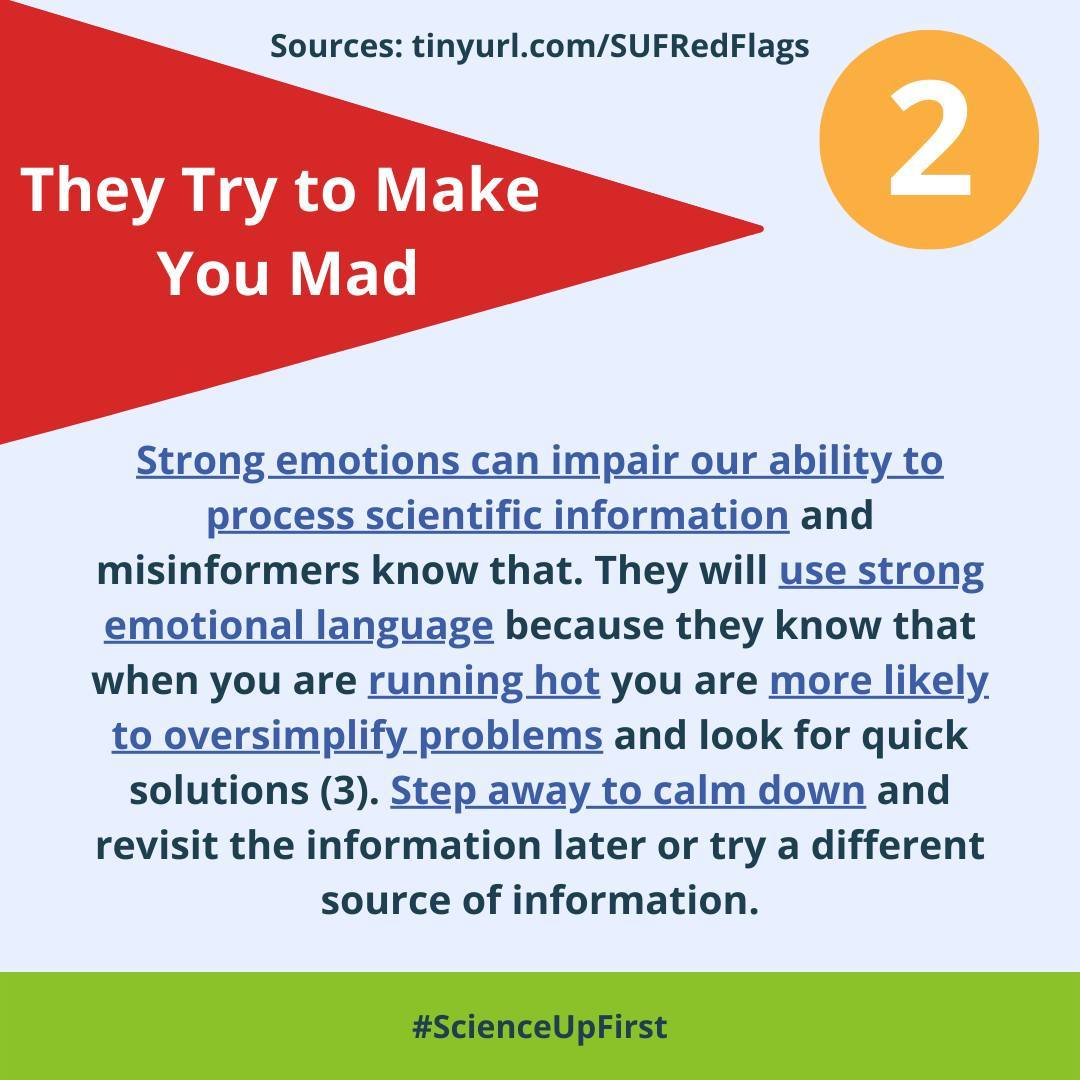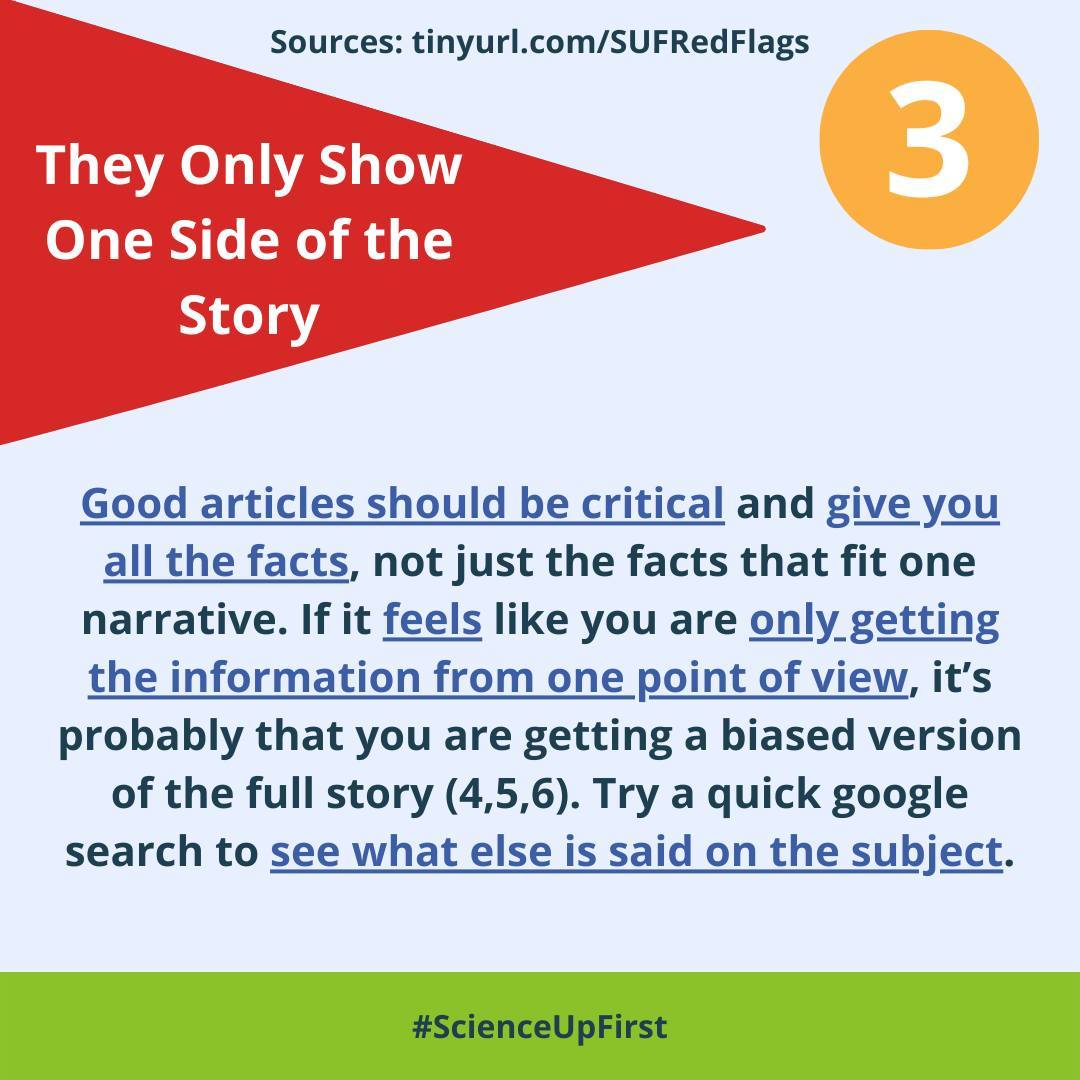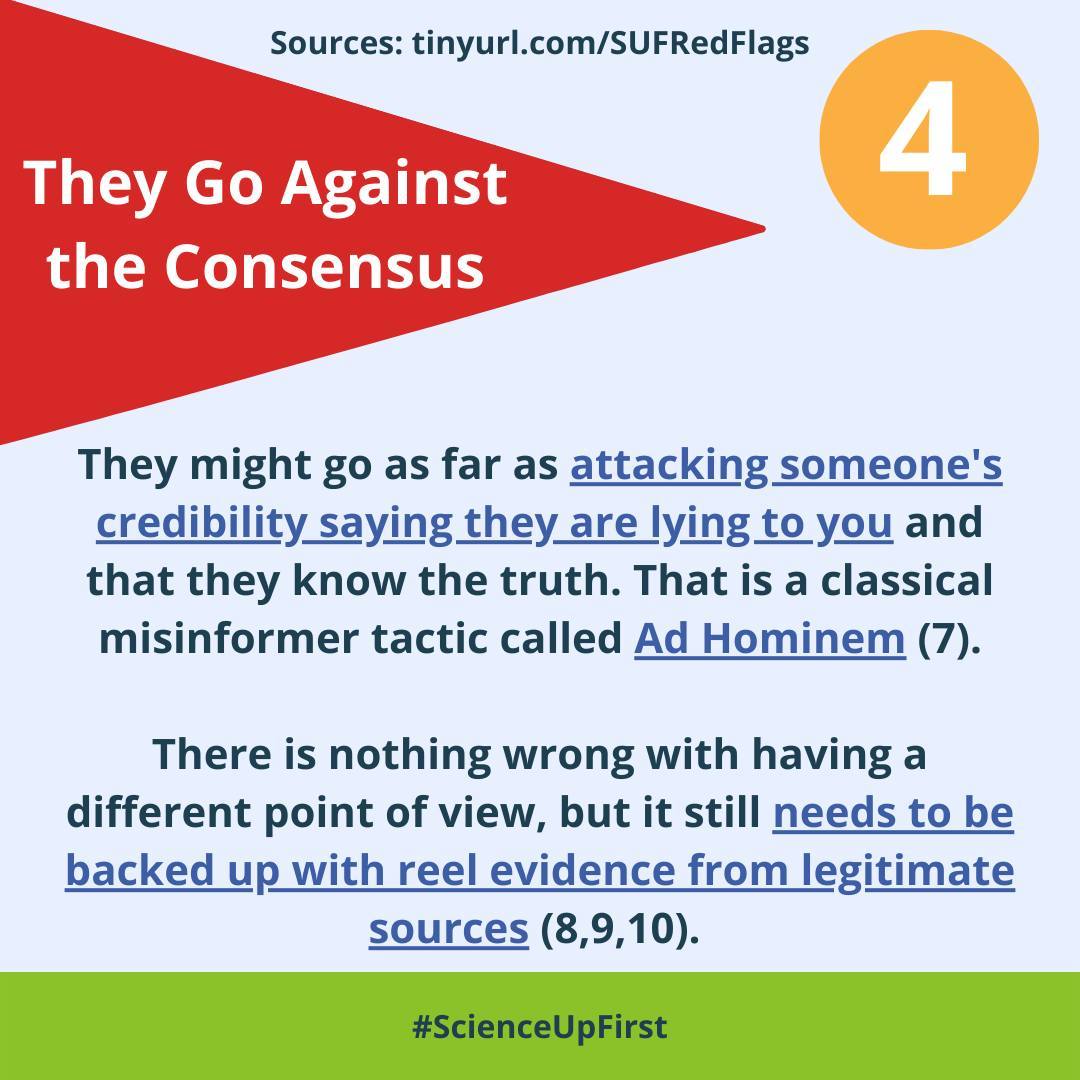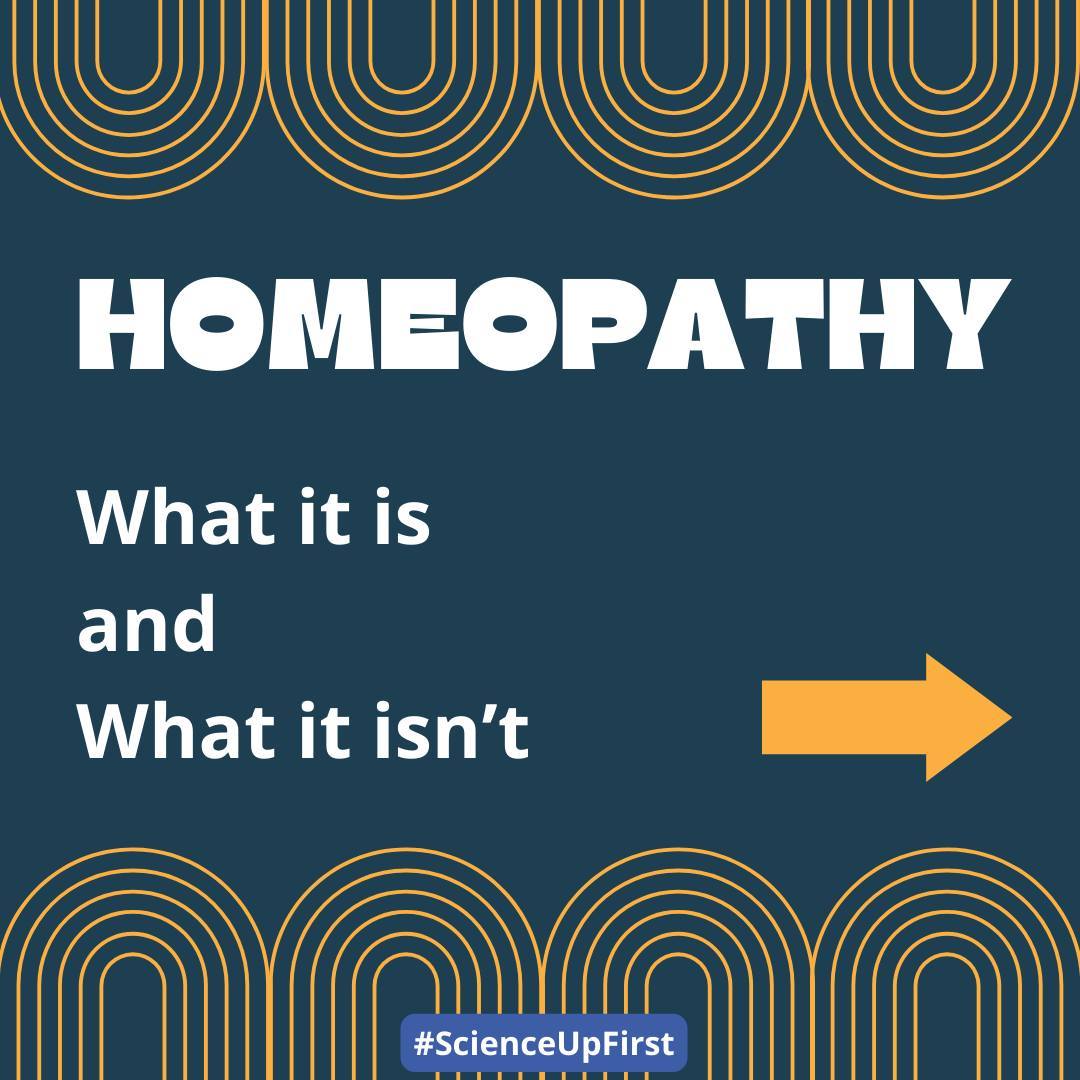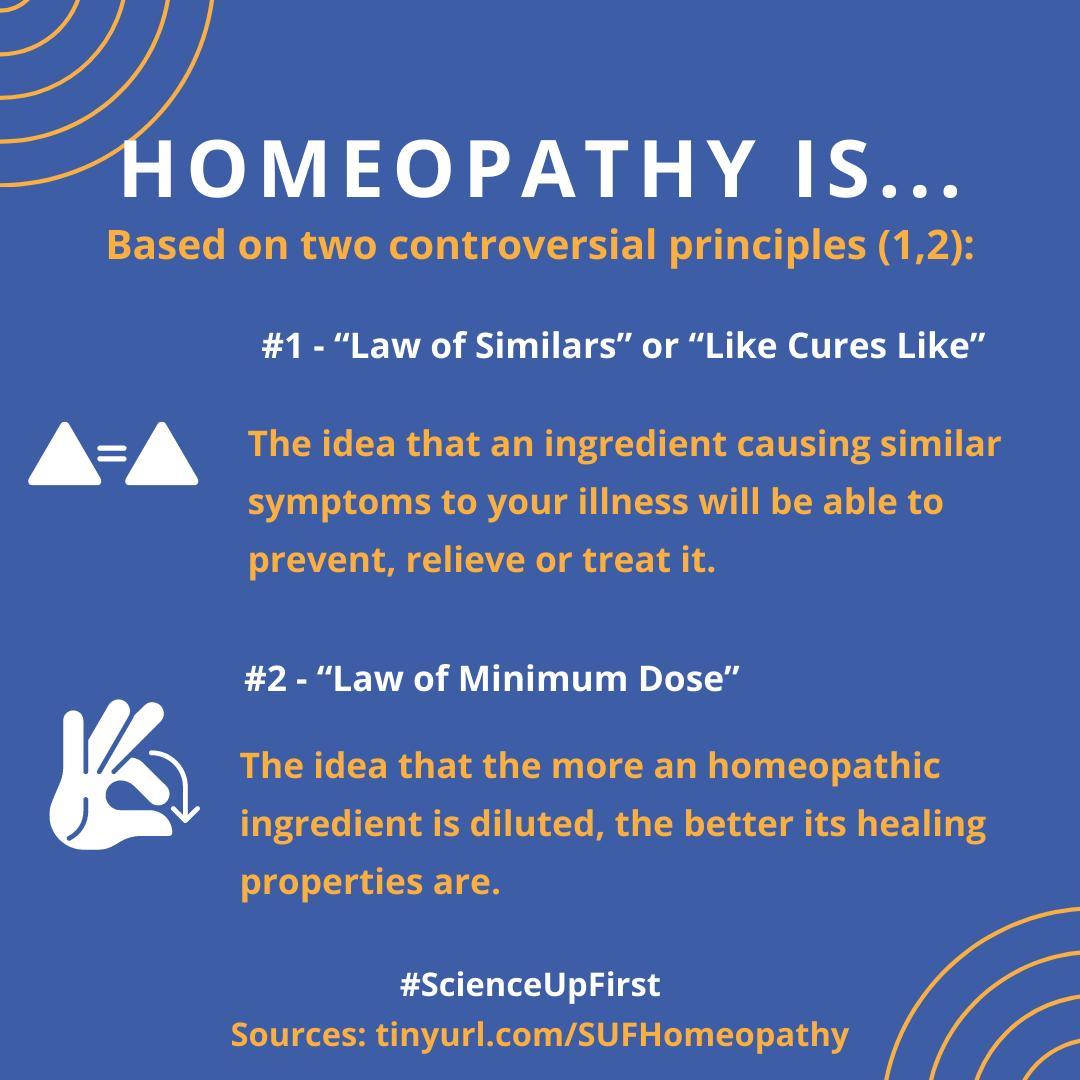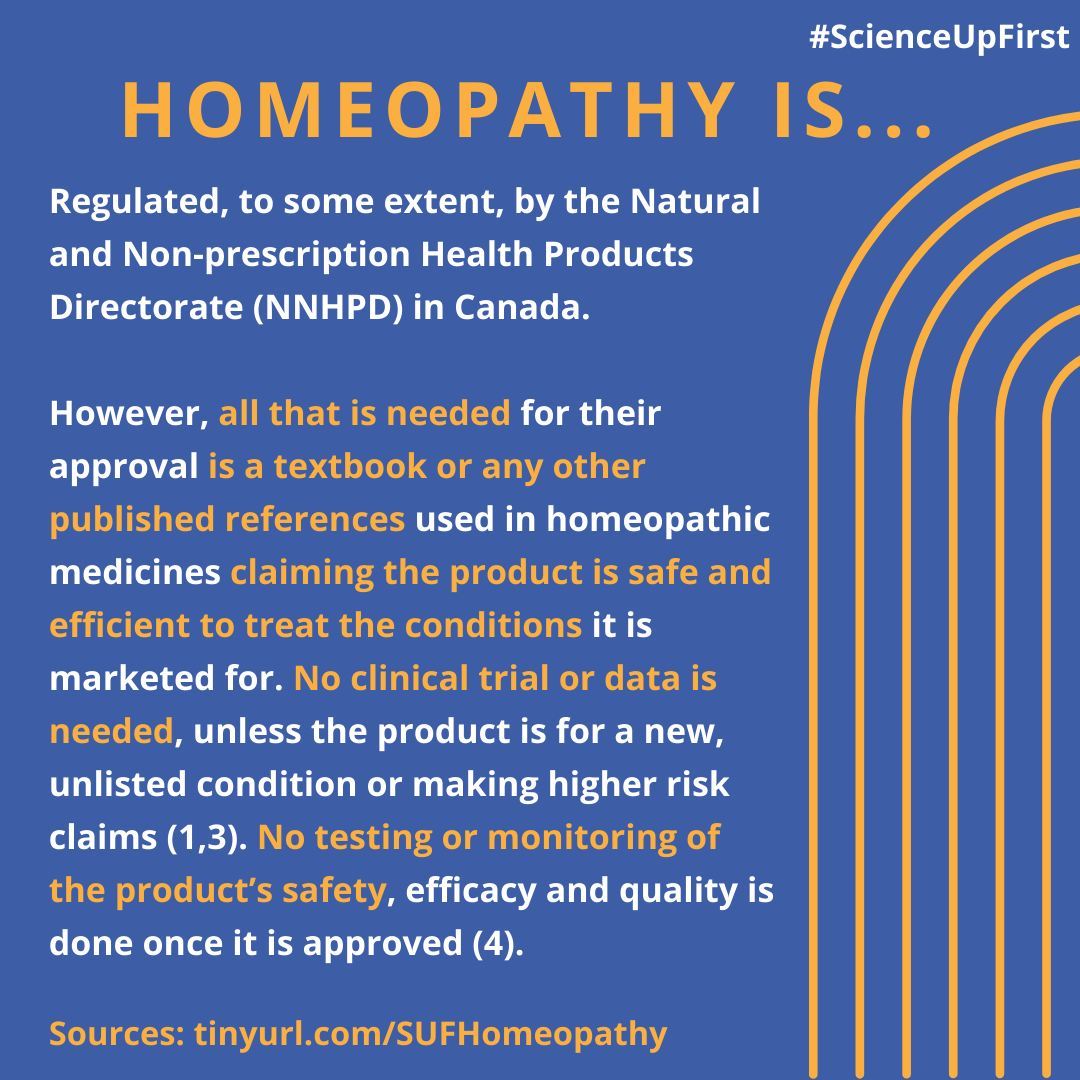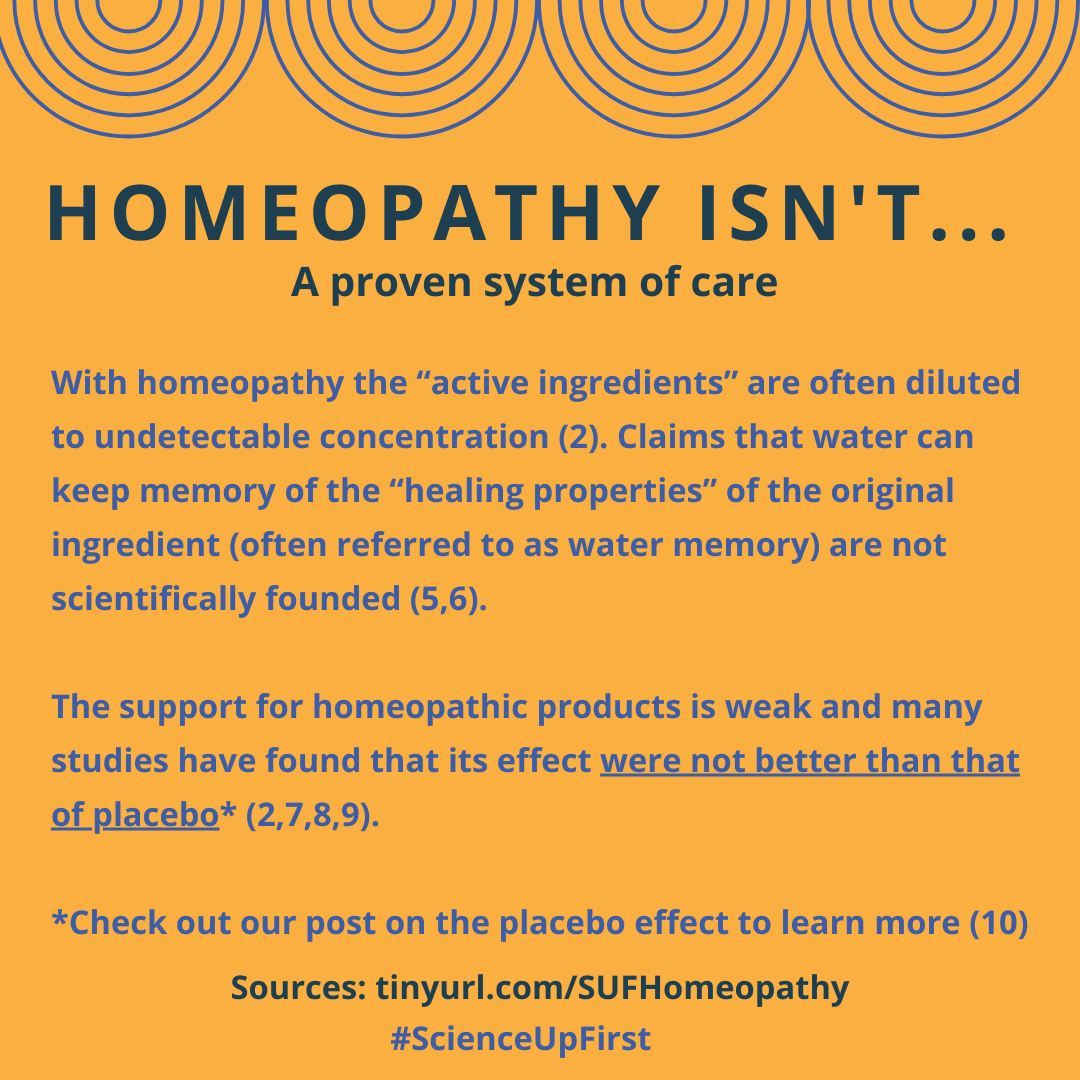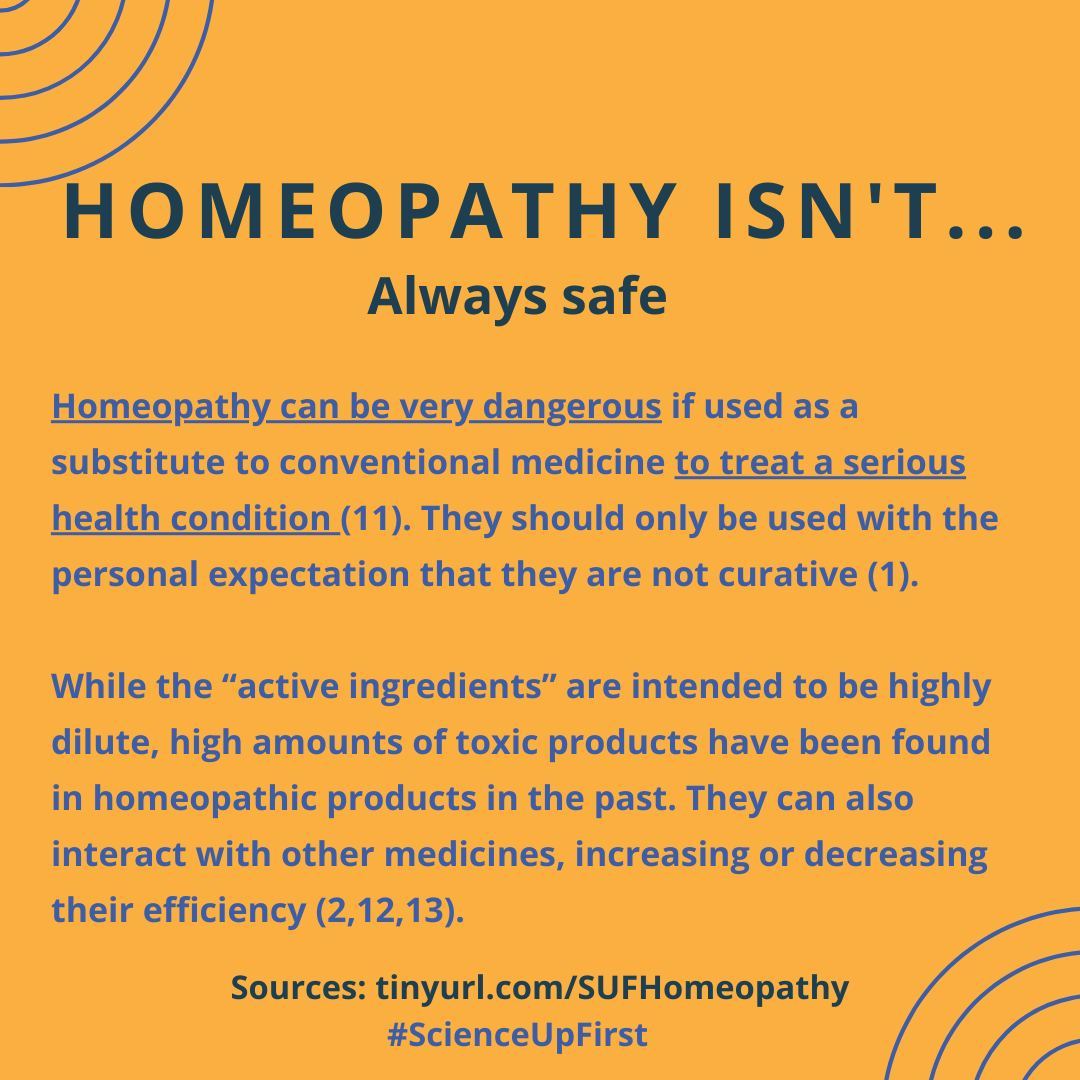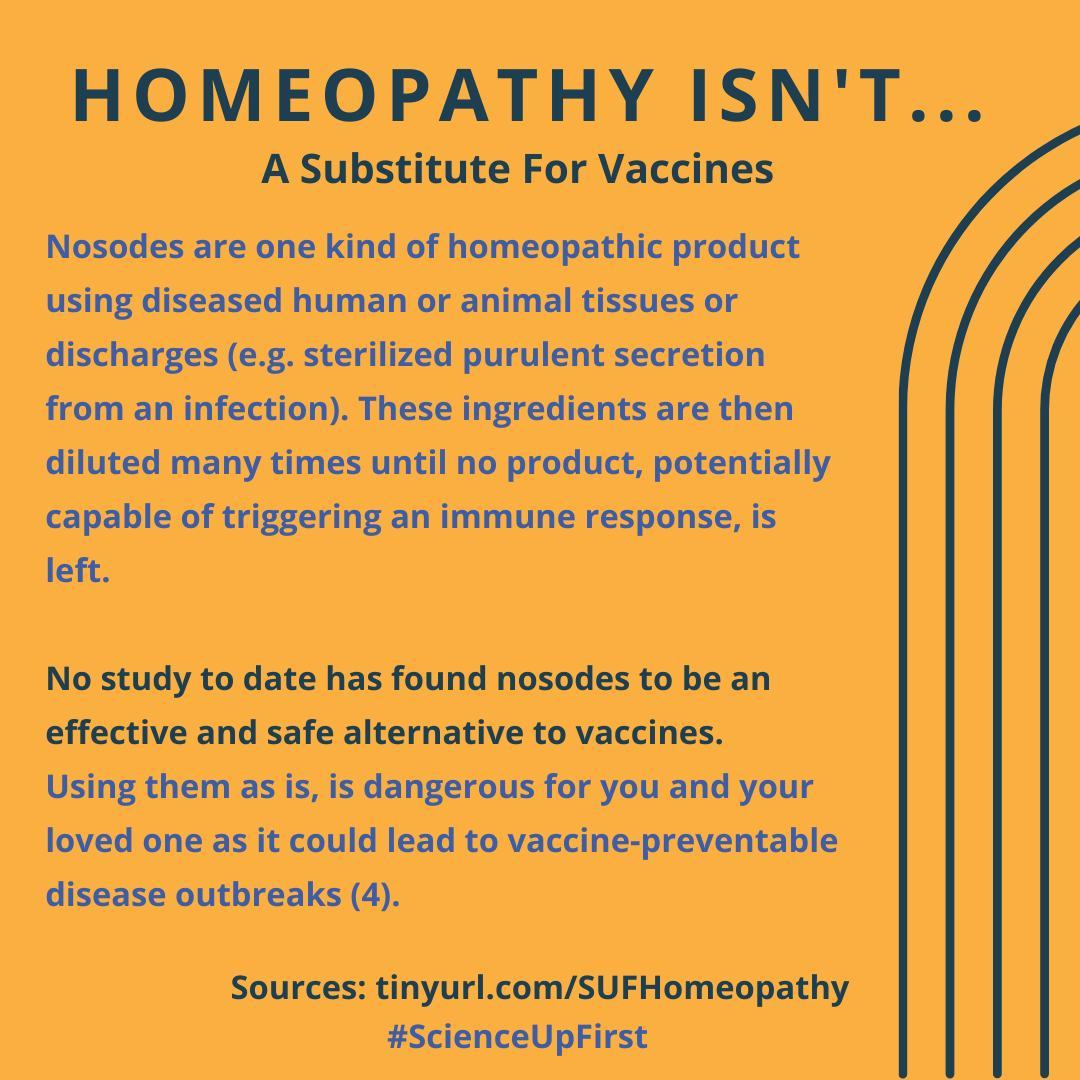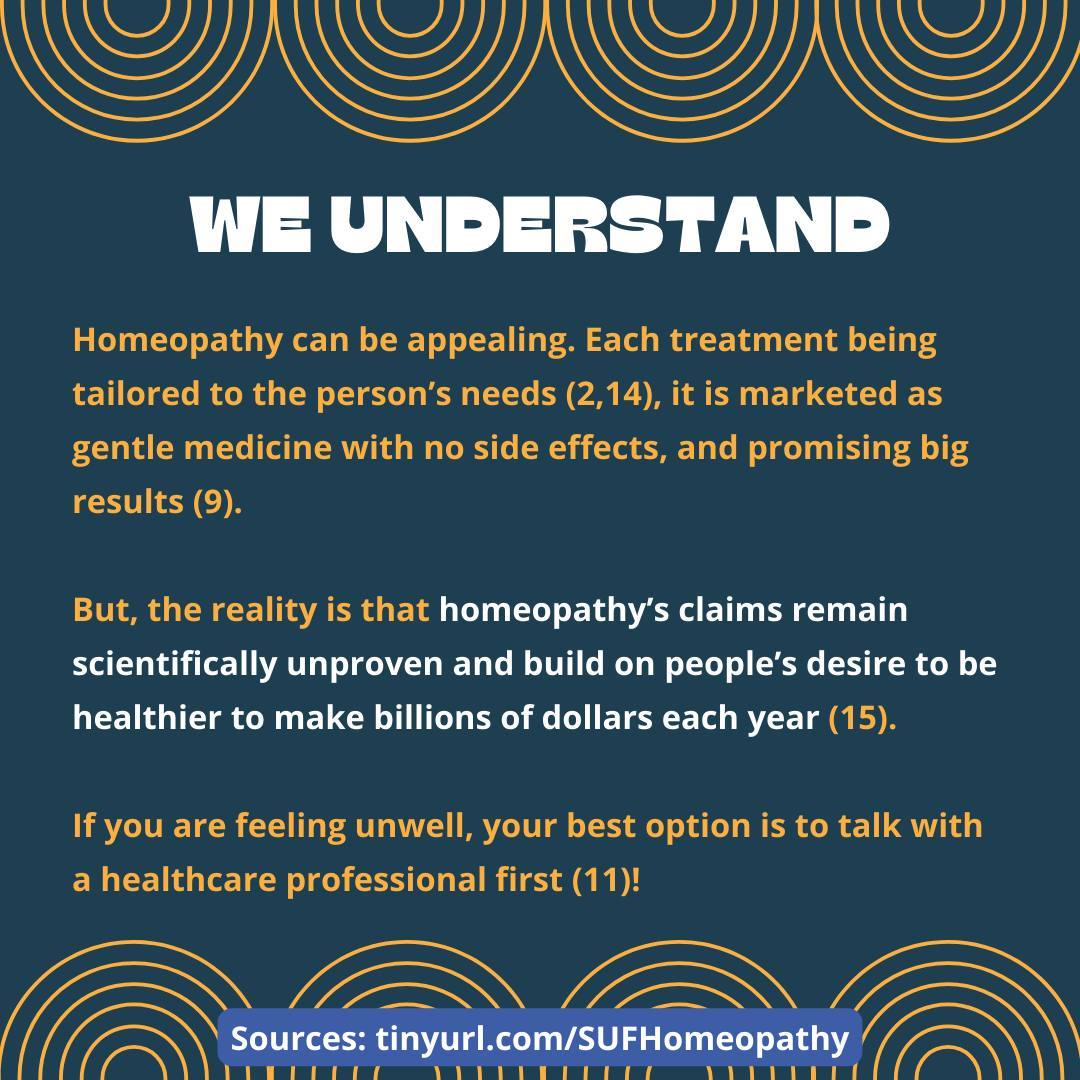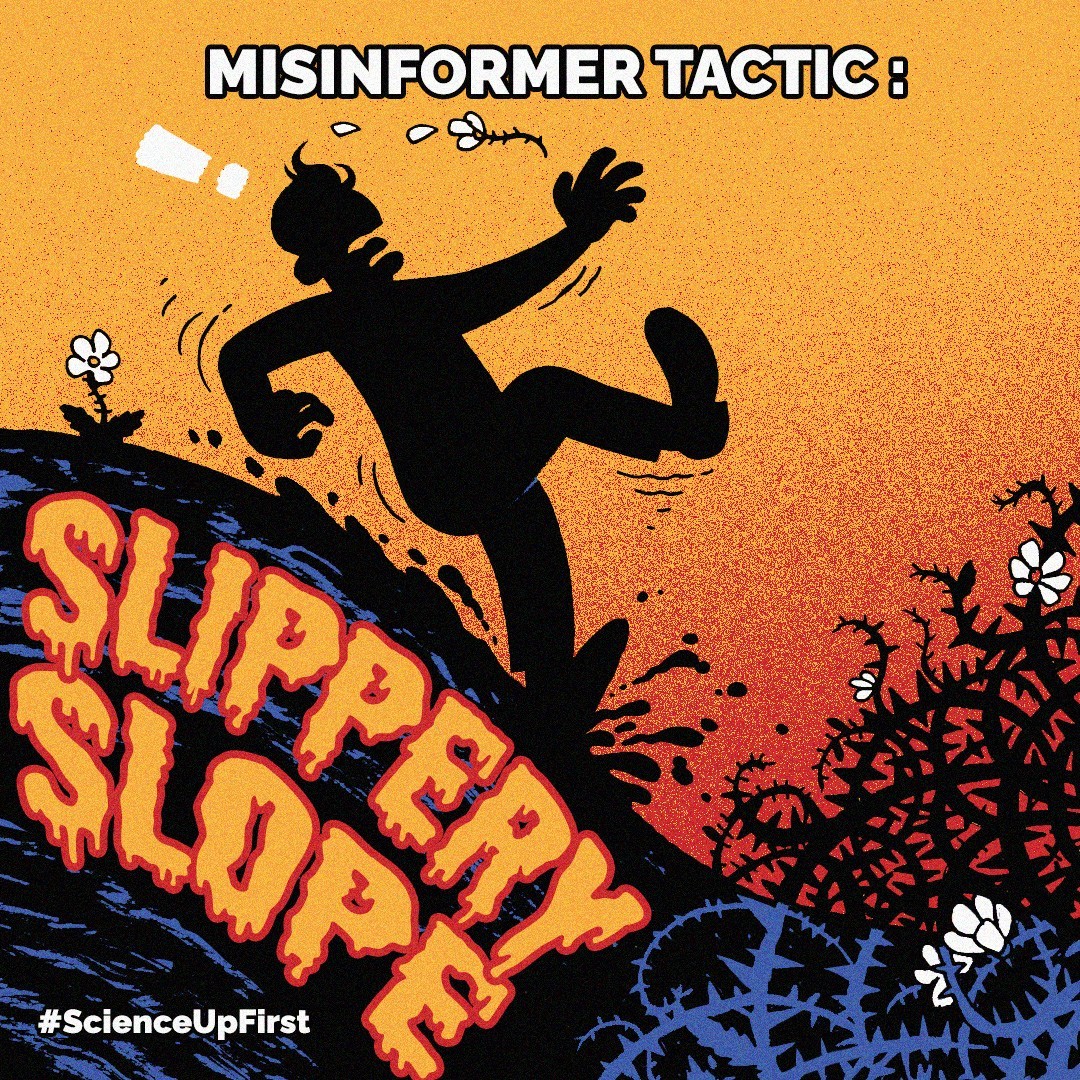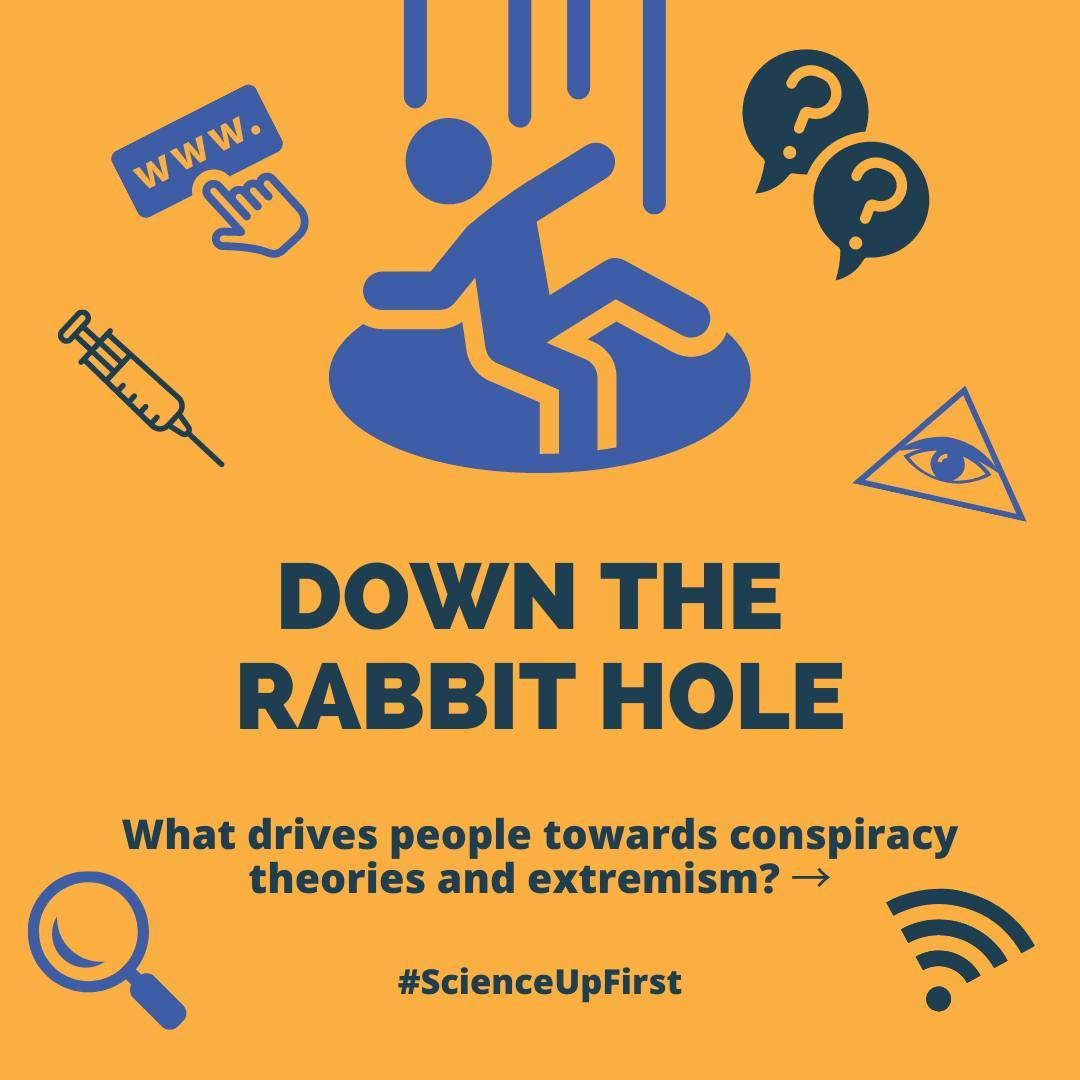
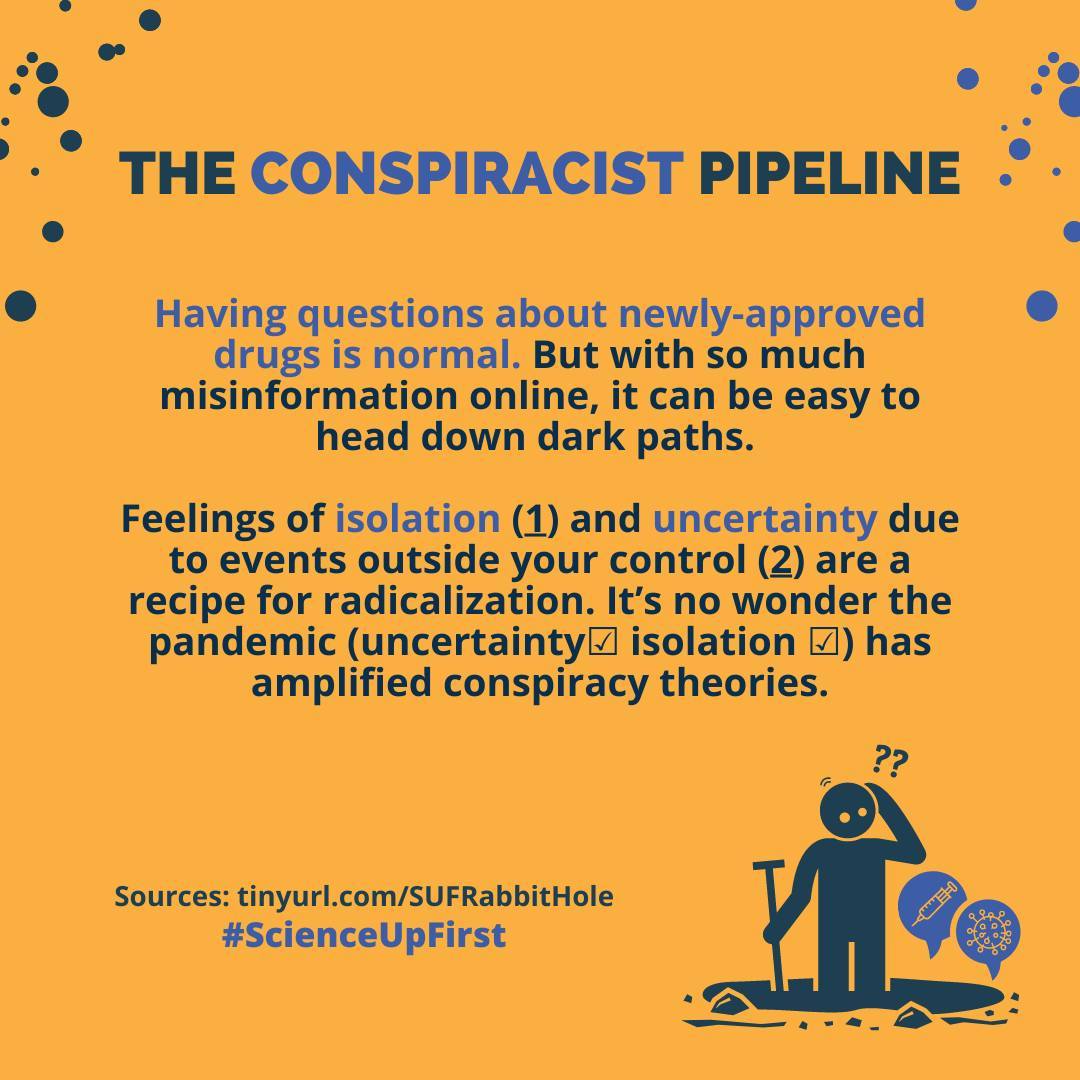
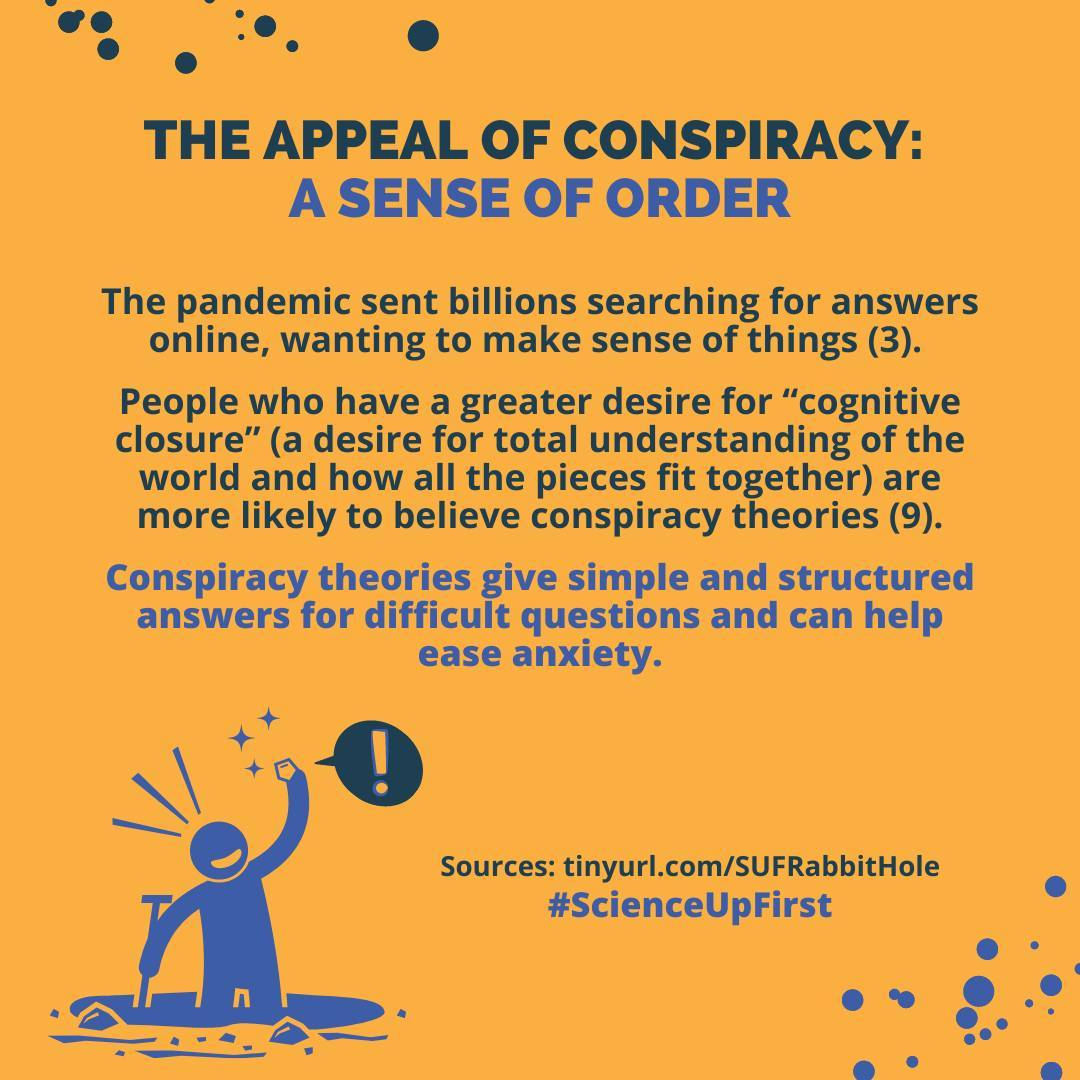
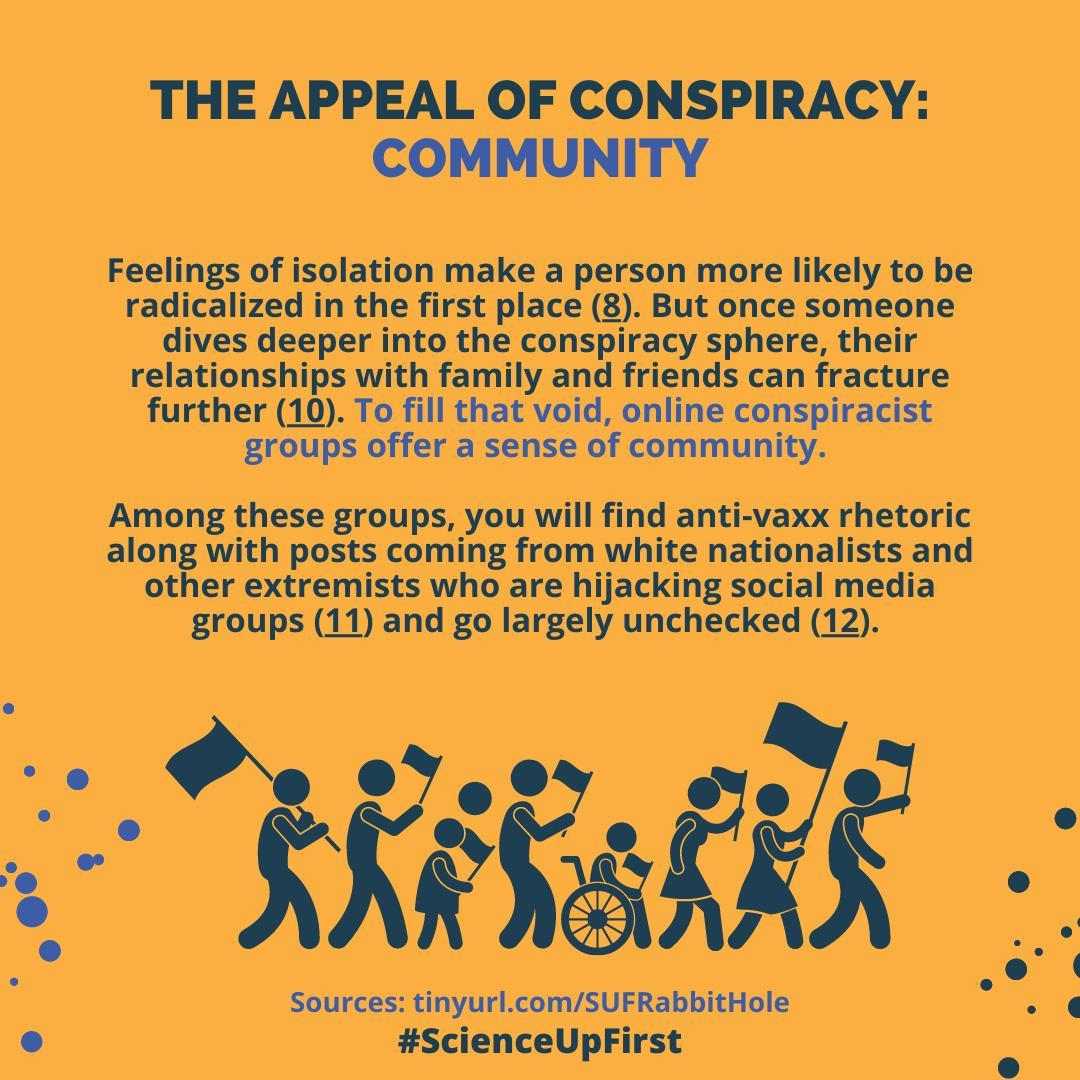
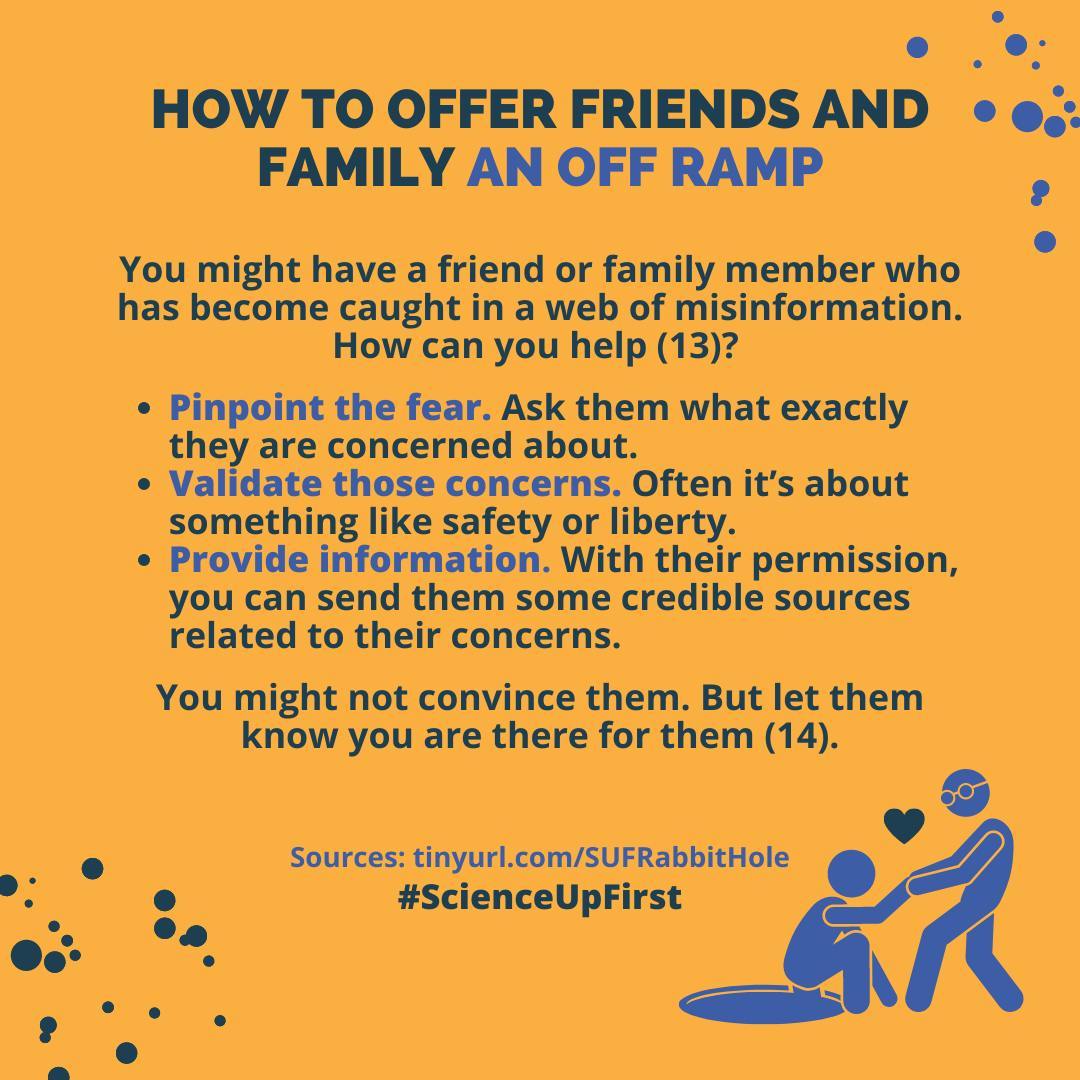
Worried a friend is caught in a web of conspiracy theories?
First up, that’s really tough and we are sorry
The good news is, people change their minds everyday. We break down the appeal of conspiracy theories and how to offer the people you care about a way out.
Share our original Tweet!
People don’t just wake up one morning convinced “globalists run the Internet.” ️
To get to that point, they need to travel down the rabbit hole. ️
So what drives people toward conspiracy theories and extremism?#ScienceUpFirst
[1/2] pic.twitter.com/C6K6Gnd8KP
— ScienceUpFirst | LaScienced’Abord (@ScienceUpFirst) May 11, 2023
View our original Instagram Post!
View this post on Instagram
- “Feeling of isolation makes marginalized groups more vulnerable to extremist propaganda.”
- Frontiers | Psychological Mechanisms Involved in Radicalization and Extremism. A Rational Emotive Behavioral Conceptualization | Psychology
- Alt. Health Influencers: how wellness culture and web culture have been weaponised to promote conspiracy theories and far-right extremism during the COVID-19 pandemic
- Full article: ‘Constituent Covid-19 apocalypses: contagious conspiracism, 5G, and viral vaccinations’
- COVID-19: How hateful extremists are exploiting the pandemic
- Anti-science extremism in America: escalating and globalizing – ScienceDirect,
- Alt-vaxx: A mixed-methods examination of vaccine discourse in white nationalist online communication
- Mounting antiscience aggression in the United States.
- Addicted to answers: Need for cognitive closure and the endorsement of conspiracy beliefs – Marchlewska – 2018 – European Journal of Social Psychology – Wiley Online Library
- QAnon: How the Anti-Vaxxers Got Red-Pilled – Rolling Stone
- How Facebook Groups Are Being Exploited To Spread Misinformation, Plan Harassment, And Radicalize People
- Ill Advice: A Case Study in Facebook’s Failure to Tackle COVID-19 Disinformation – ISD
- have you had these conversations? how did they go? #covid19 #madetosave #covidvaccine
- If you have questions about talking to friends/family about this, ask in the comments and I’ll try to answer as best as I can.
- America Is Getting Unvaccinated People All Wrong
- COVID-19 vaccine willingness among Canadian population groups
- COVID-19 vaccination coverage in Canada
- COVID-19 vaccine doses administered in Canada

